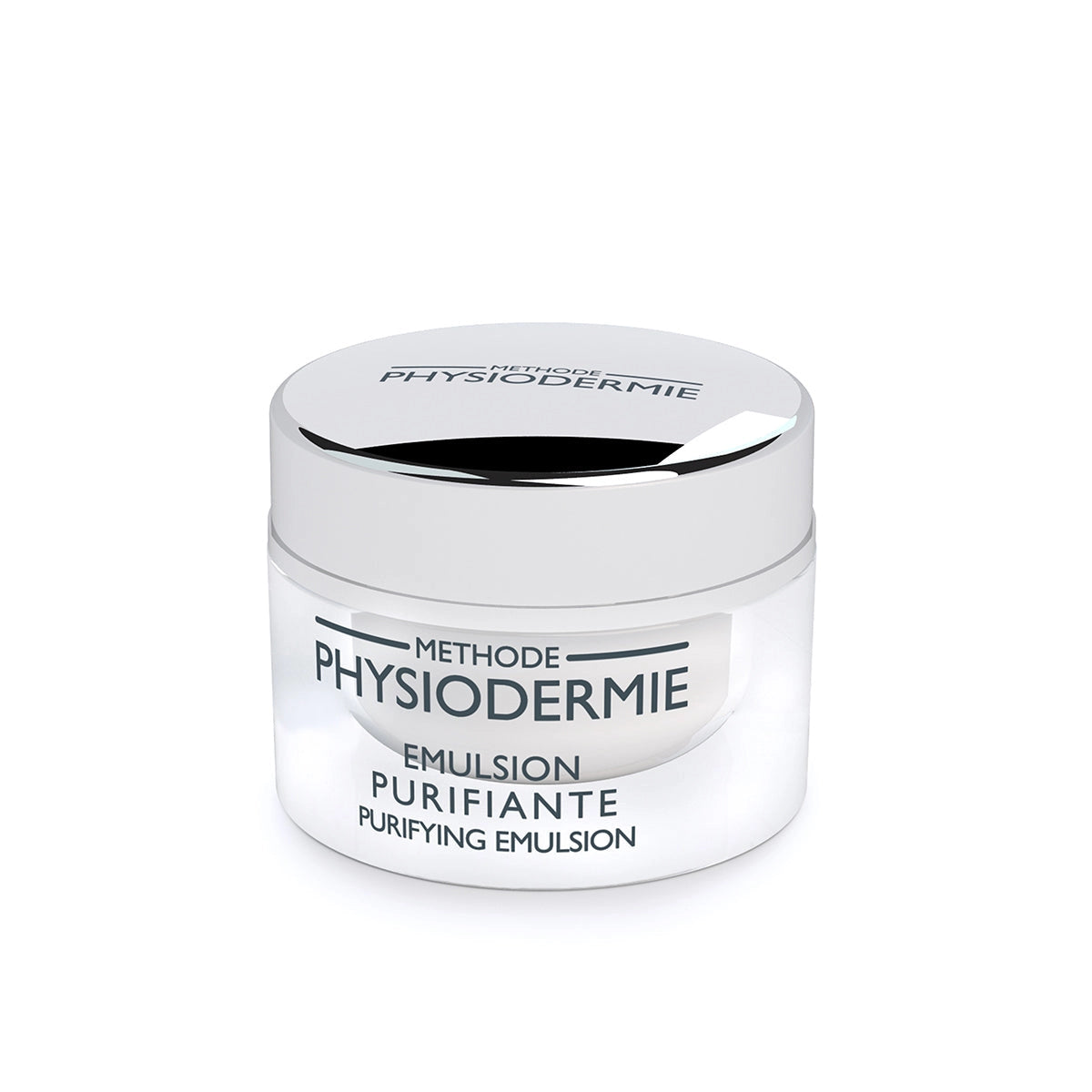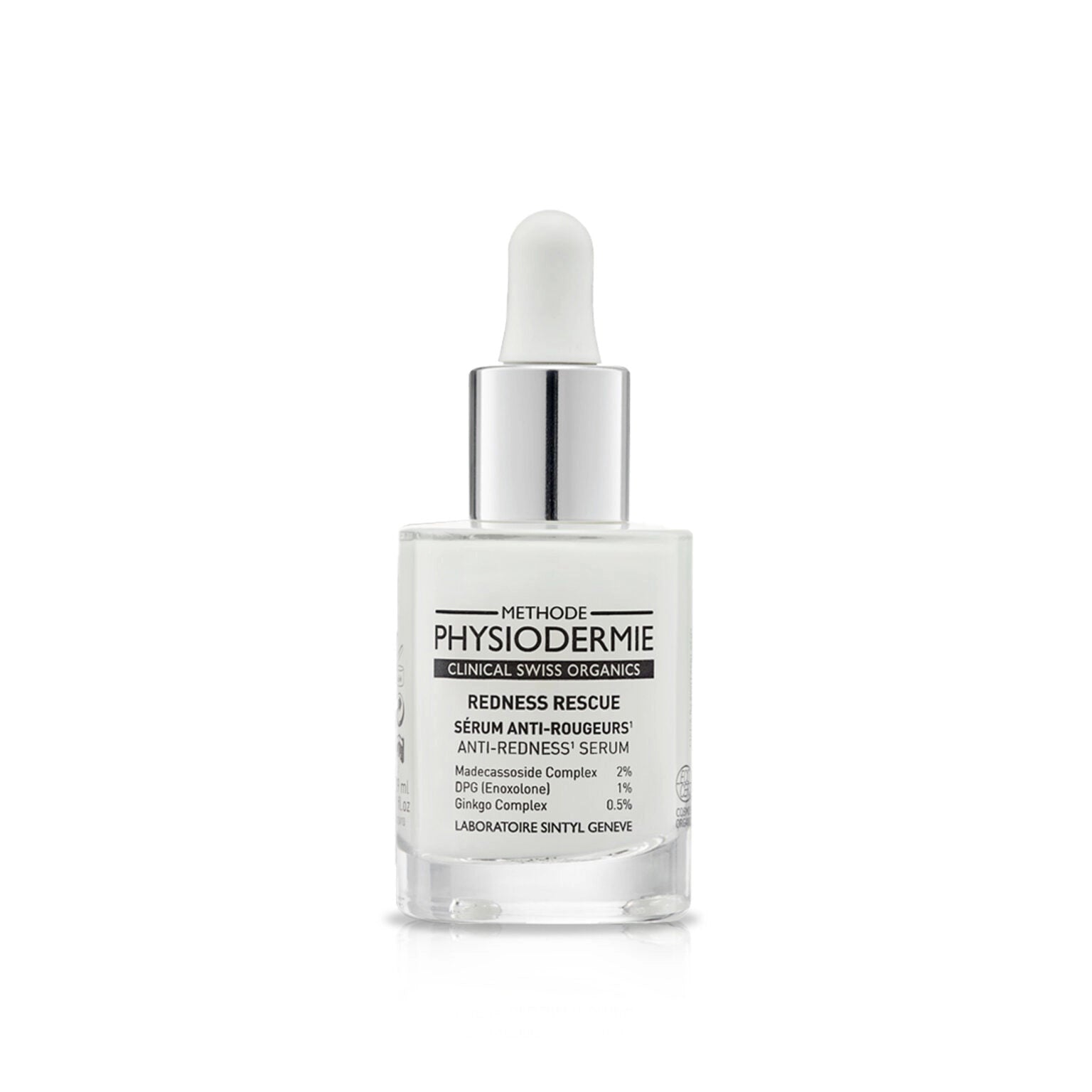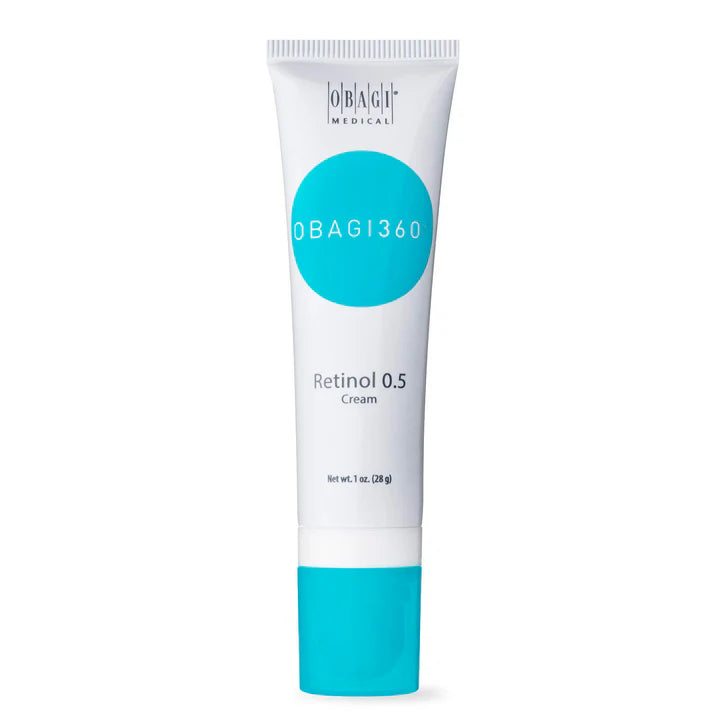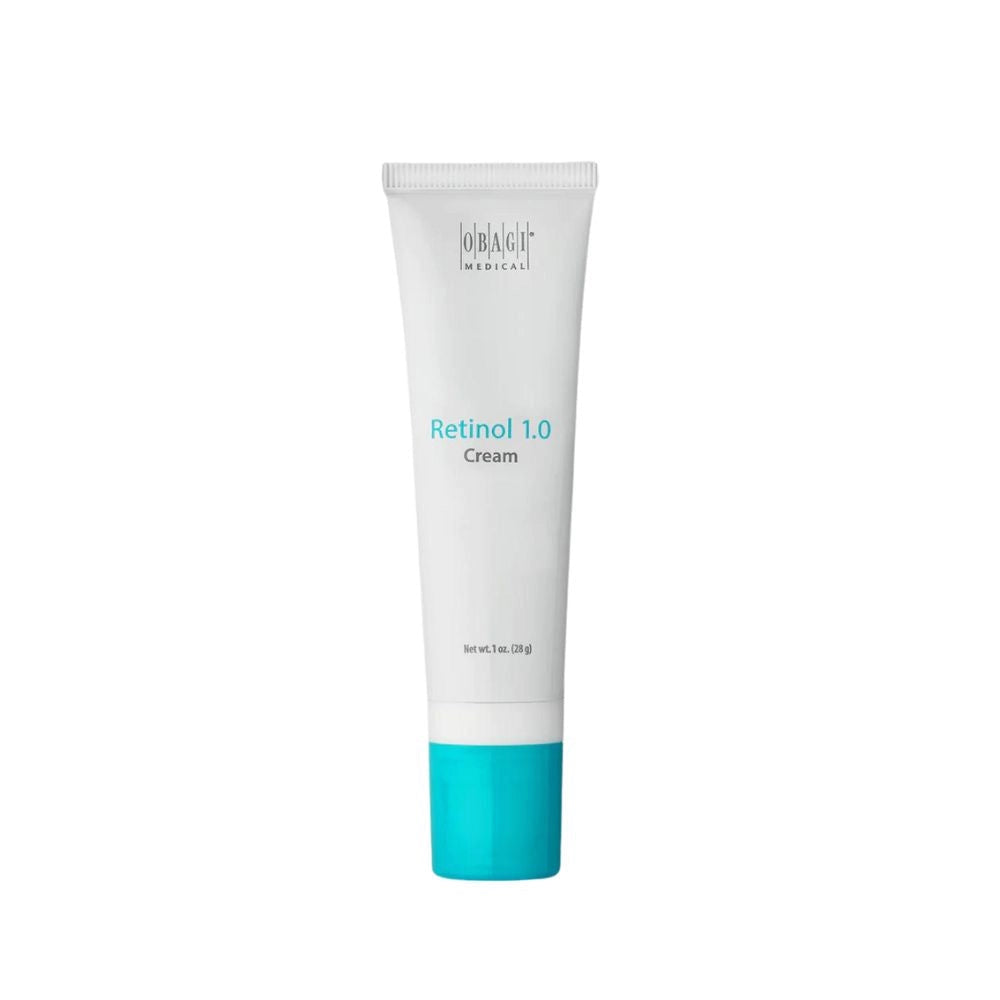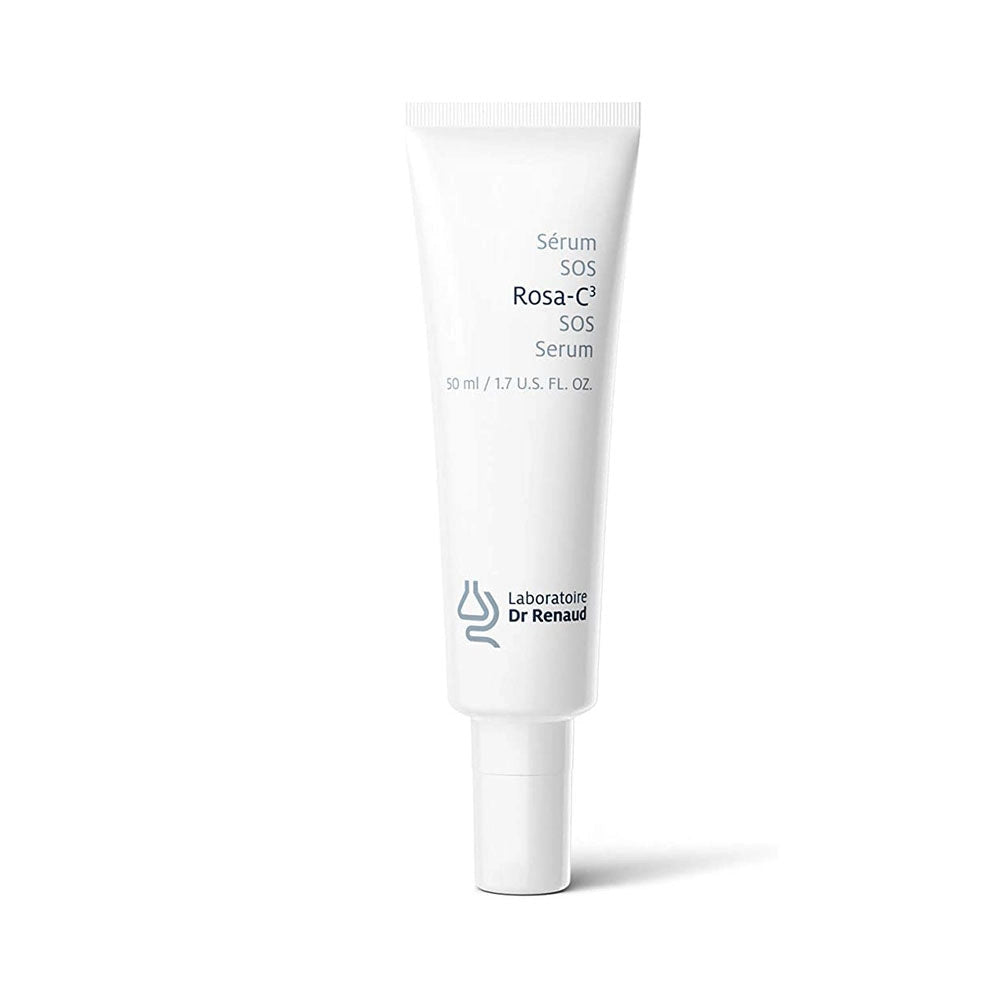Problems of acne appearance on the skin and effective cosmetic products against acne
The appearance of acne on the skin is a problem faced by many people at various stages of life. Most often, they appear on the face because this area of the skin has a high concentration of sebaceous glands. Acne not only affects the appearance but can also create psychological discomfort.
Acne is a chronic inflammatory disease of the sebaceous glands that occurs due to skin dysfunction and is one of the most common dermatological problems. Most often, acne appears during adolescence but can also affect adults. This disease not only impacts appearance but significantly affects a person's psychological state.
Let's examine the main causes of acne, its impact on the skin, and possible solutions to this problem. We will also learn about acne-prone skin care and acne treatment methods.
Buy online anti-inflammatory face products that eliminate the causes of acne
Causes of acne:
-
Hormonal changes. Hormonal fluctuations are one of the main causes of acne. They often occur during adolescence due to increased androgen levels, which stimulate sebaceous gland activity. In adults, hormonal imbalances related to menstrual cycles, pregnancy, hormone medications, or endocrine system disorders can also trigger acne. The primary cause of acne is elevated androgen levels, which lead to excessive sebaceous secretion, clogging pores.
-
Hyperkeratosis. This is excessive skin keratinization, where dead epidermal cells do not shed but accumulate, contributing to comedone (clogged pore) formation, leading to acne. Deep pore cleansing and exfoliating products for problematic skin can help address this issue.
-
Excessive sebaceous gland activity. Sebum production protects and moisturizes the skin. However, excessive sebum production can clog pores and create a favorable environment for bacterial growth. In this case, controlling skin oiliness with moisturizing products for oily skin is essential.
-
Bacterial infection. The bacterium Propionibacterium acnes naturally resides on the skin, but excessive growth can cause inflammation, leading to acne formation.
-
Improper skin care. Inappropriate skin care products, excessive cleansing, or using cosmetics that clog pores can contribute to acne development.
-
Stress. Chronic stress stimulates cortisol production, which can increase sebaceous gland activity and inflammation.
-
Diet. Foods high in sugar, fats, and dairy products can affect hormonal balance and exacerbate acne.
- Environmental and lifestyle factors affecting acne:
- Using comedogenic cosmetics.
- Frequent skin contact with dirty surfaces (mobile phones, pillows).
- Unbalanced diets rich in high-glycemic-index foods.
- Chronic stress increasing cortisol levels and inflammation.
Affordable acne serums that address all clinical manifestations of acne
Clinical manifestations:
Acne manifests as:
- Comedones (blackheads or whiteheads);
- Papules (red inflamed bumps);
- Pustules (inflamed spots with pus);
- Nodules and cysts (deep, painful formations that leave scars).
The severity of acne can range from mild forms to severe inflammations requiring complex treatment.
The impact of acne on the skin and psychological state:
Acne can vary in intensity, from small blackheads (comedones) to deep inflamed nodules. Their negative effects include:
-
Psychological discomfort. Dissatisfaction with appearance can lead to low self-esteem, anxiety, and even depression.
-
Physical discomfort. Large inflammations can be painful.
-
Scar formation. Inflamed acne can leave scars or pigmentation after healing.
Scars from severe acne can last a lifetime, making timely treatment essential.
Acne is a complex condition requiring a comprehensive treatment approach. Timely diagnosis, consultation with a dermatologist, and proper skin care can help not only reduce acne symptoms but also prevent their recurrence. A healthy lifestyle, self-care, and professional treatment ensure healthy and beautiful skin.
Order a toner for acne-prone skin – an effective and affordable solution to combat acne
Ways to Solve Acne Problems.
-
Proper Skin Care.
- Use cleansing products suitable for your skin type.
- Avoid harsh scrubs and products that dry out the skin.
- Regularly moisturize your skin, even if it’s oily.
-
Treatment Under Dermatologist Supervision.
- Topical treatments with retinoids, benzoyl peroxide, or salicylic acid;
- Antibiotics to reduce inflammation;
- Hormonal therapy if acne is caused by hormonal imbalance.
-
Diet Changes. A diet rich in vegetables, fruits, whole grains, and omega-3 fatty acids promotes skin health. Limit sweets, fast food, and dairy products.
-
Stress Management. Regular physical activity, meditation, and good sleep help reduce stress levels.
-
Cosmetic Procedures. Treatments such as chemical peels, laser therapy, or facial cleaning can significantly improve skin condition.
- A balanced diet focusing on vegetables, fruits, whole grains, and omega-3 fatty acids.
- Regular physical activity and maintaining a healthy sleep routine.
- Using only high-quality, non-comedogenic cosmetics.
Acne issues require a comprehensive approach to treatment and prevention. It is essential to understand the causes, choose the right skincare, and consult specialists when needed. Taking care of your skin and leading a healthy lifestyle will not only help eliminate acne but also maintain a healthy and radiant complexion.
Order Products for Sebum Regulation and Acne Prevention
Cosmetic Products for Acne and Pimple Treatment.
There is a wide range of cosmetic products designed to cleanse the skin of acne, soothe irritation, reduce inflammation, and prevent new breakouts. Below are the most popular categories:
-
Anti-Acne Serum. Serums are highly concentrated with active ingredients like retinoids, azelaic acid, or peptides. They help regulate skin regeneration, reduce inflammation and breakouts, and prevent post-acne marks. They also tighten pores.
-
Anti-Inflammatory Face Creams. These products contain active components such as salicylic acid, niacinamide, or aloe vera, which help reduce inflammation, soothe irritation, and regulate sebum production. Recommended for spot treatment on inflamed areas.
-
Cleansing Gels for Acne. Toning gels help cleanse pores, regulate skin oiliness, and tone the skin. Ingredients like tea tree oil or chamomile extracts offer antibacterial and anti-inflammatory benefits.
-
Pore-Tightening Products. Pore-tightening is a critical step for acne-prone skin. Products with clay, glycolic acid, or herbal extracts effectively minimize pore visibility and control sebum production.
-
Antibacterial Skincare Products. These contain substances like benzoyl peroxide, sulfur, or zinc to fight acne-causing bacteria. They help combat inflammation and prevent new breakouts.
Facial Masks for Acne – Clean and Healthy Skin Without Pimples
-
Acne-Cleansing Masks. Cleansing masks effectively remove impurities, excess sebum, and dead skin cells. Popular options include masks with clay (kaolin, bentonite), activated charcoal, or salicylic acid for deep pore cleansing and reducing shine.
-
Toners for Oily and Combination Skin. Toners complete the cleansing process, normalize pH balance, and tighten pores. Ingredients like salicylic or lactic acid are commonly used to control sebum production and provide gentle exfoliation.
-
Face Lotion for Acne. Facial lotions serve as the final step in skincare, offering anti-inflammatory, antibacterial, and moisturizing effects. Ingredients like sulfur, allantoin, and zinc provide soothing care for problem skin.
How to Choose Effective Cosmetic Products?
Cosmetics for problem skin should consider skin type, acne stage, and sensitivity to ingredients. Consult a dermatologist before using new products to ensure safe and effective skincare.
The information on this page is not a substitute for professional medical advice. Consult a dermatologist before using any products or undergoing treatments.

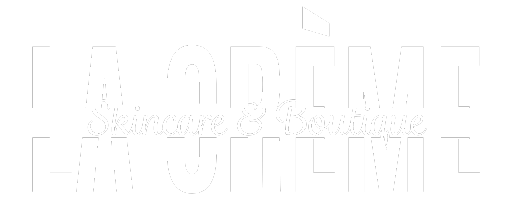
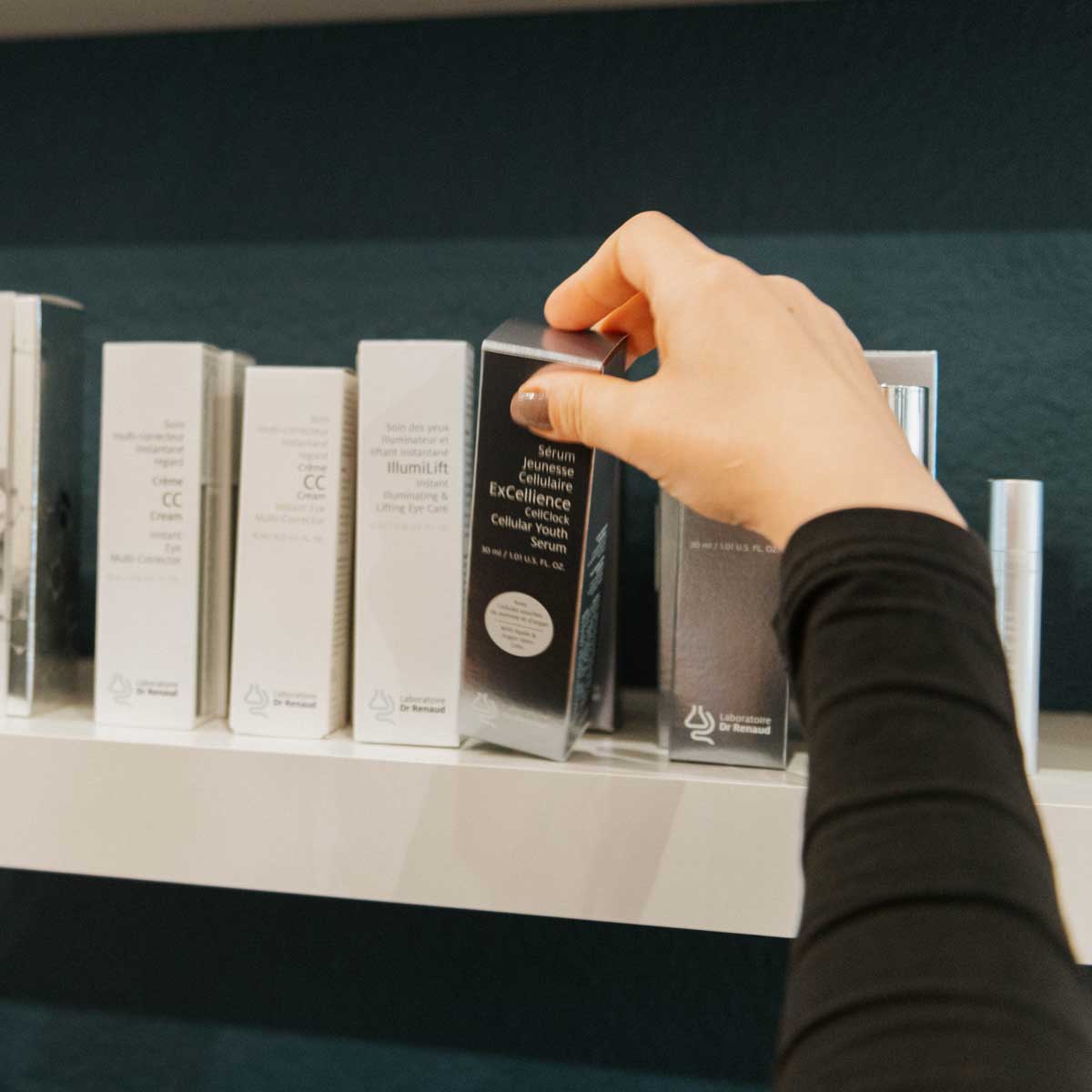
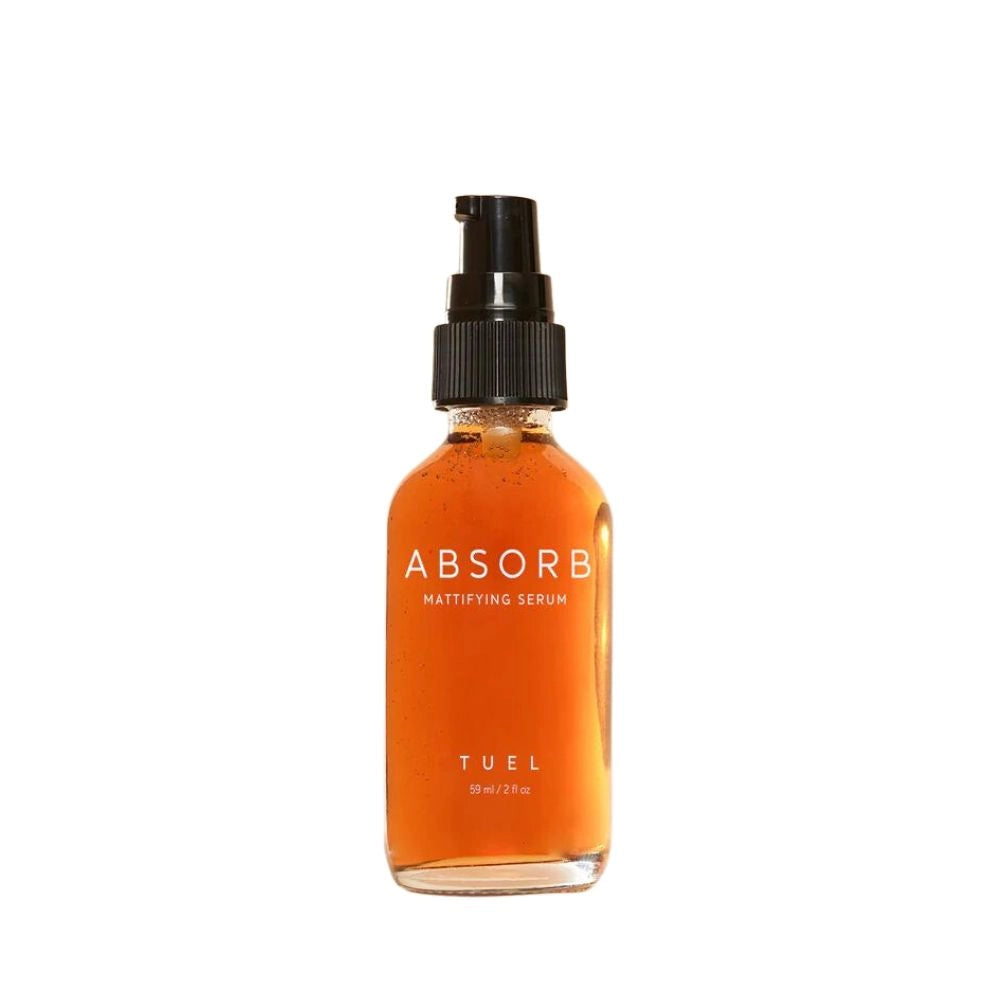
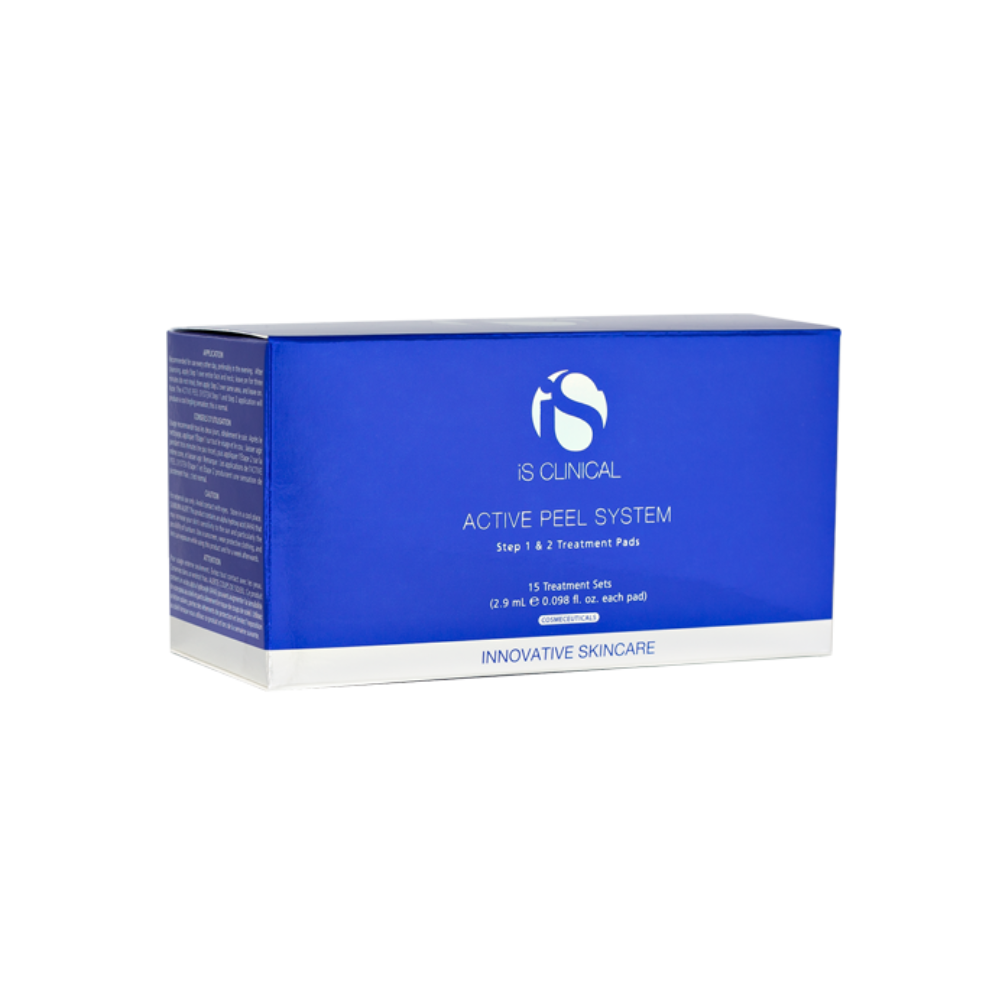
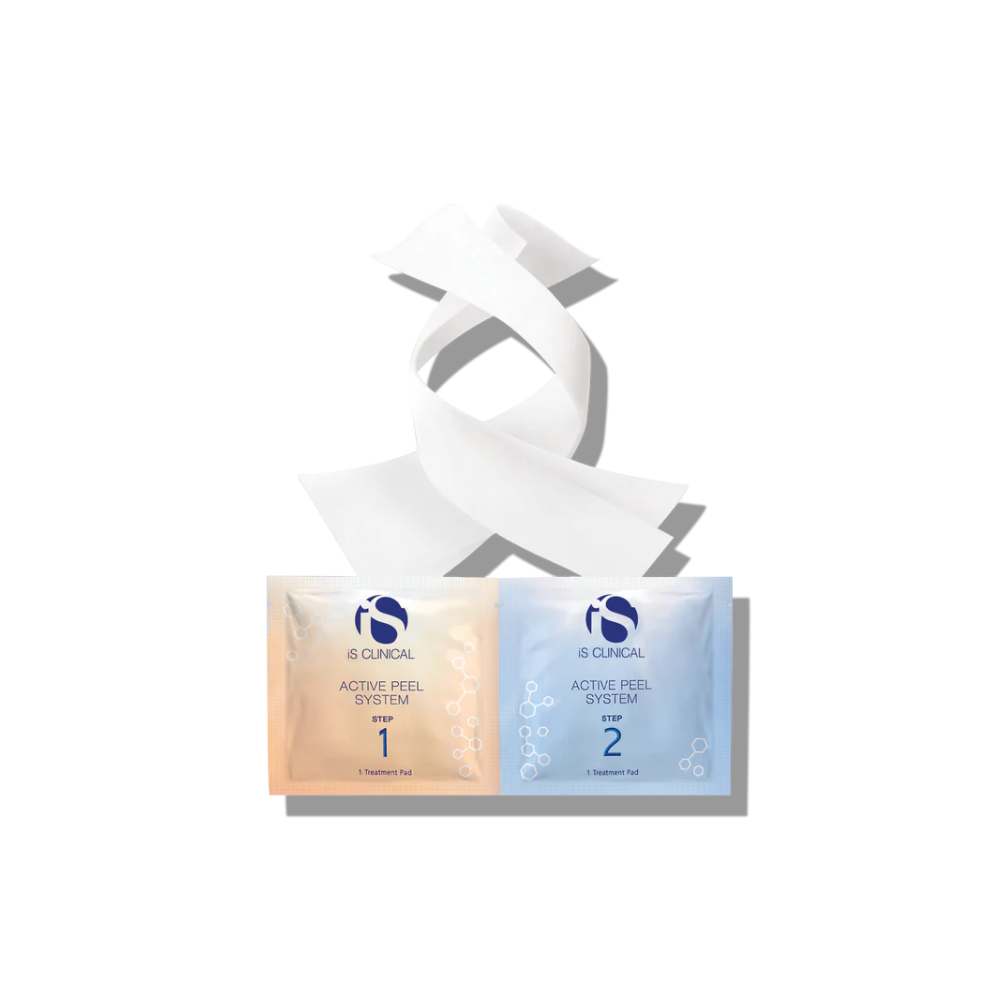
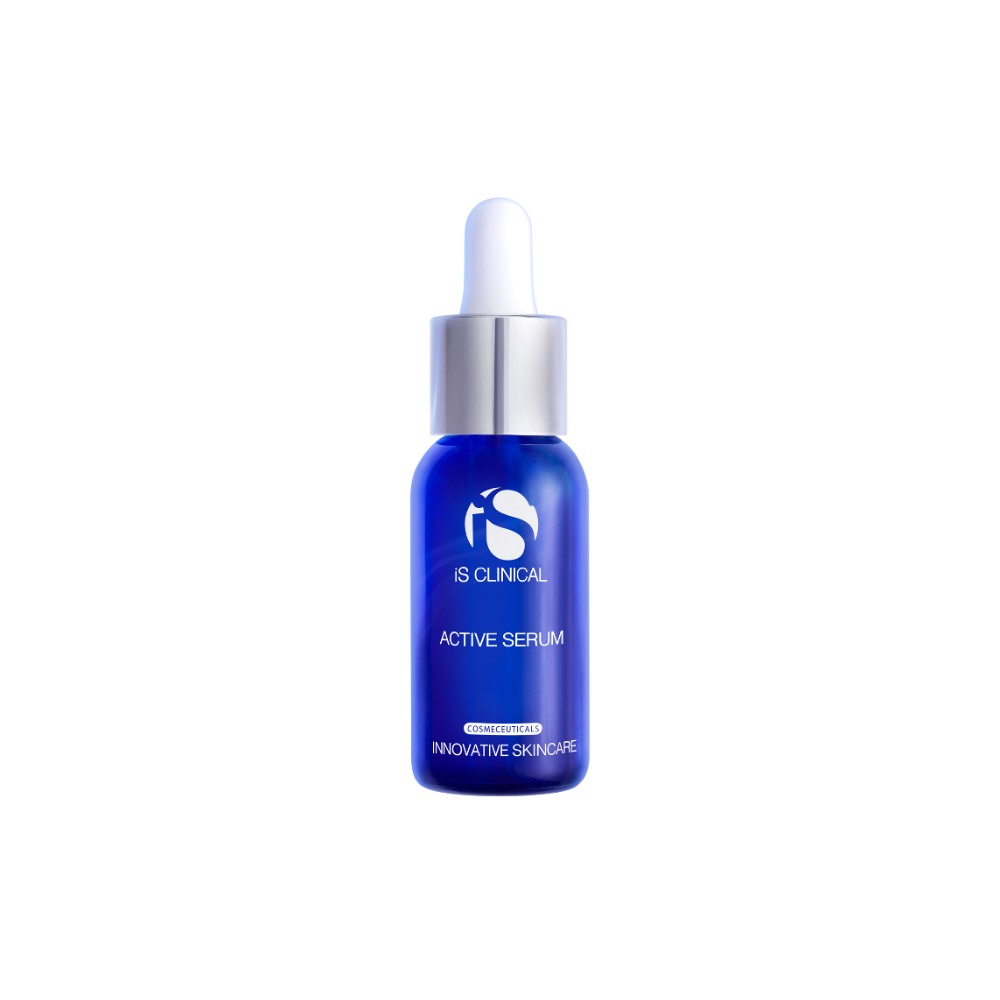
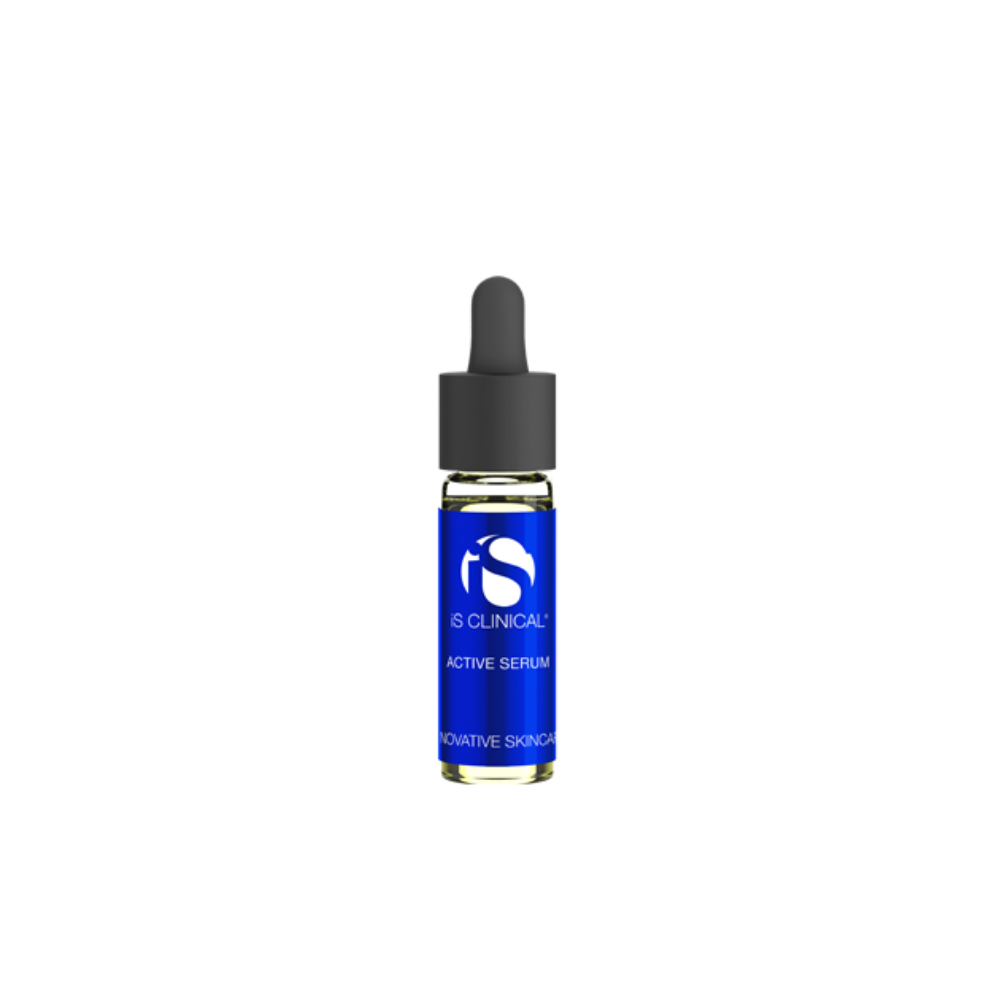
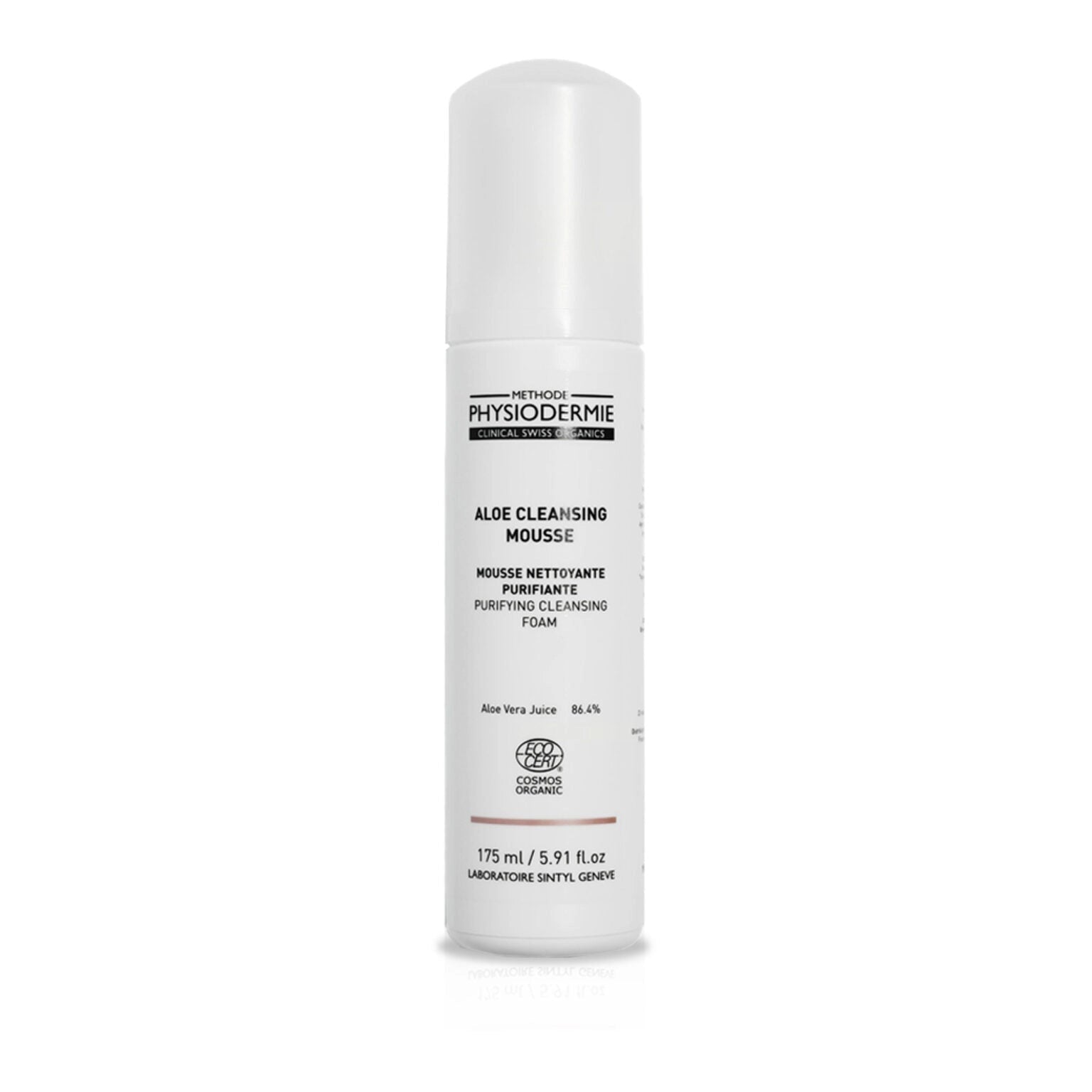
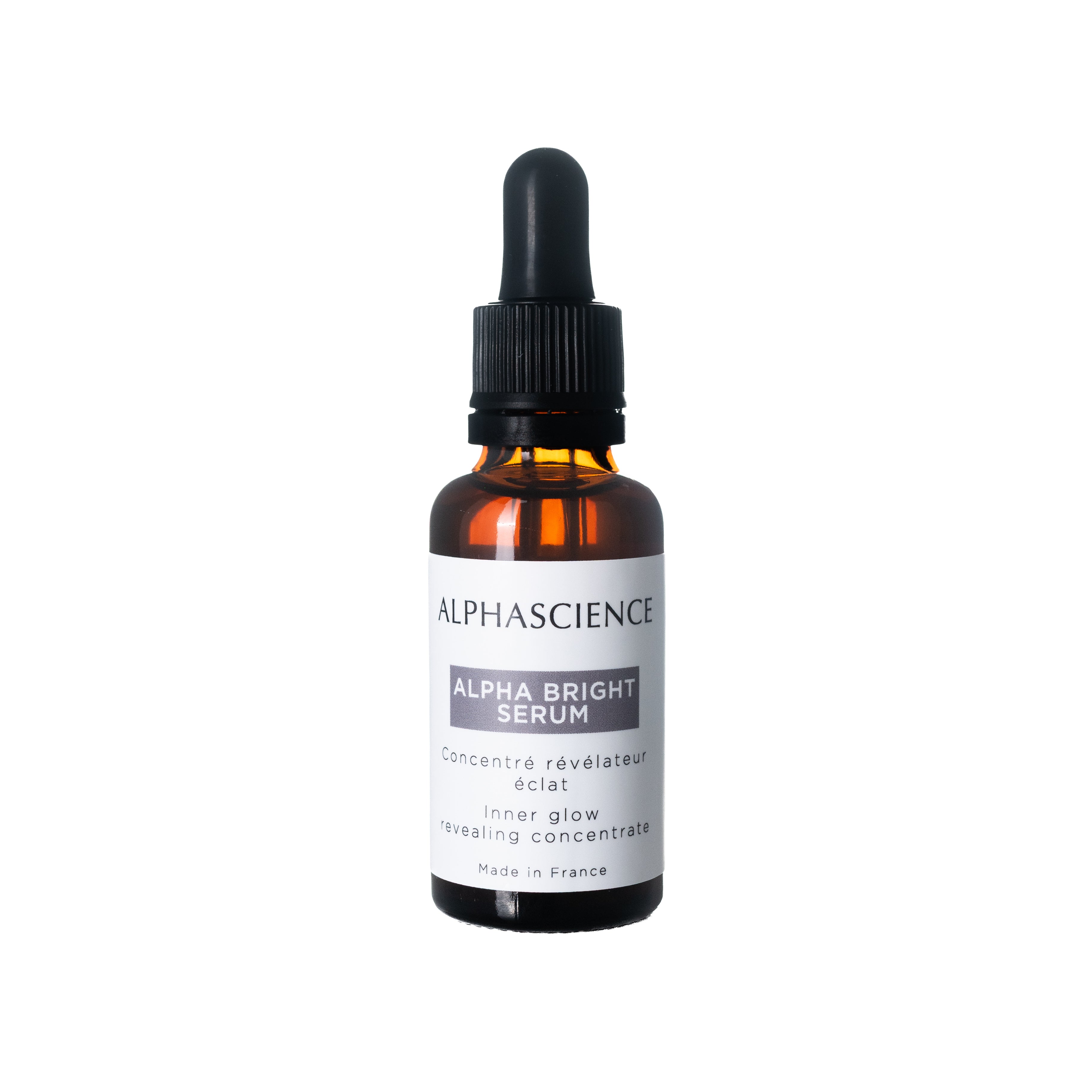

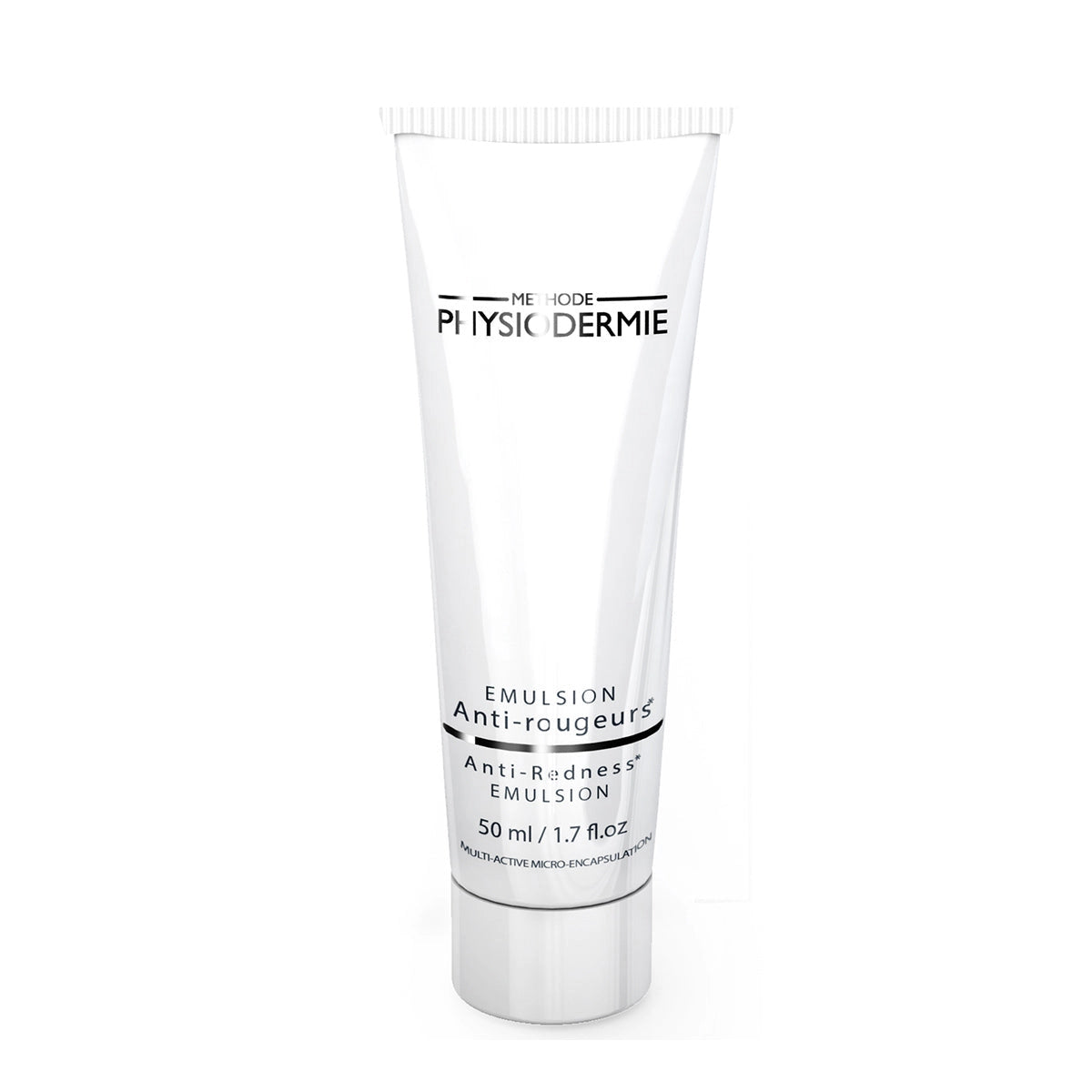
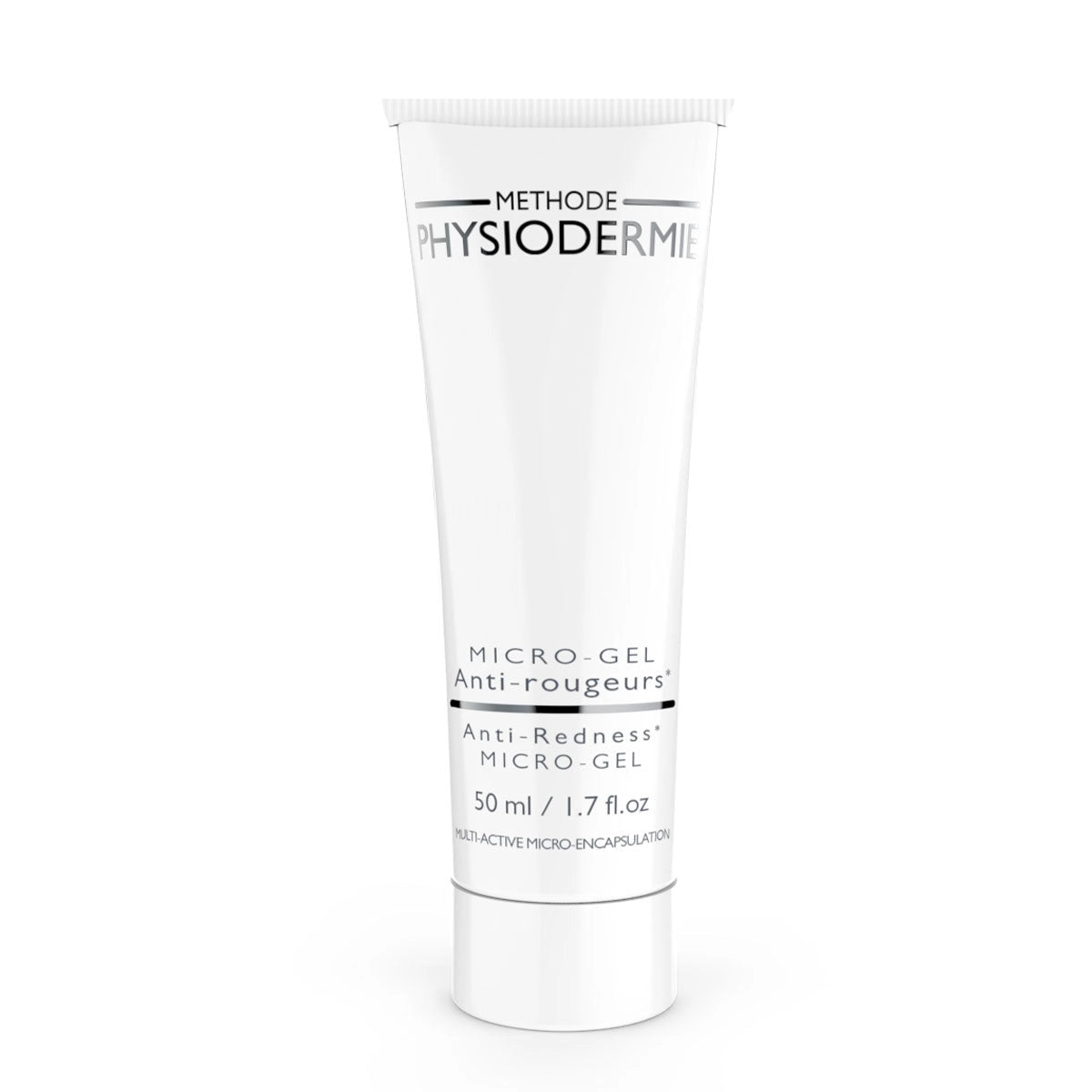
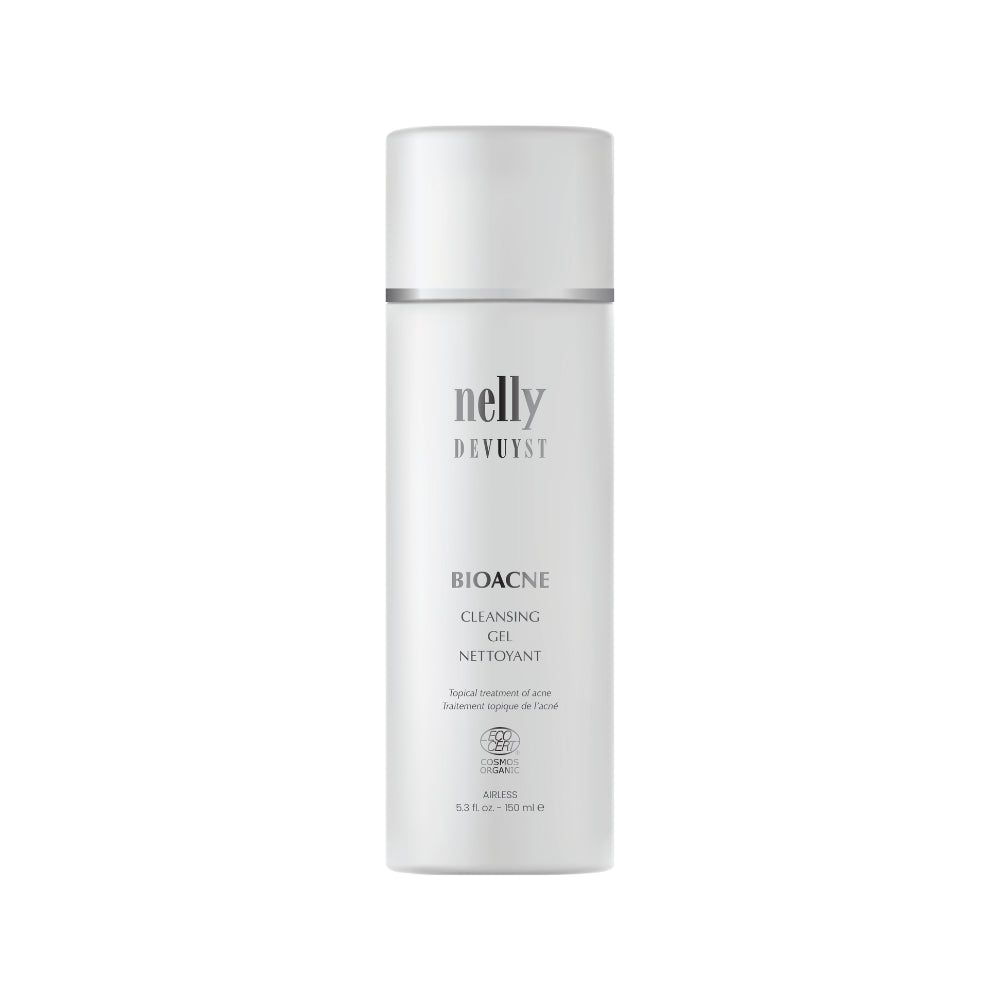
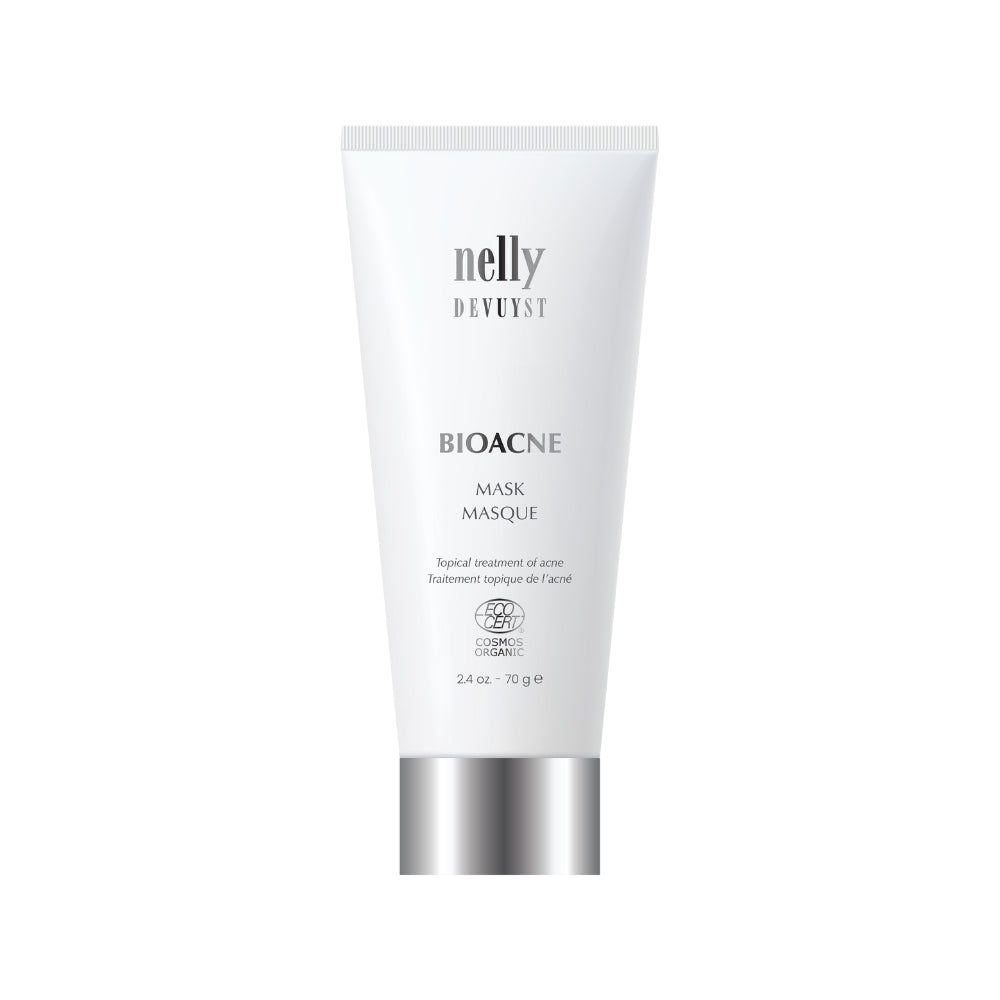
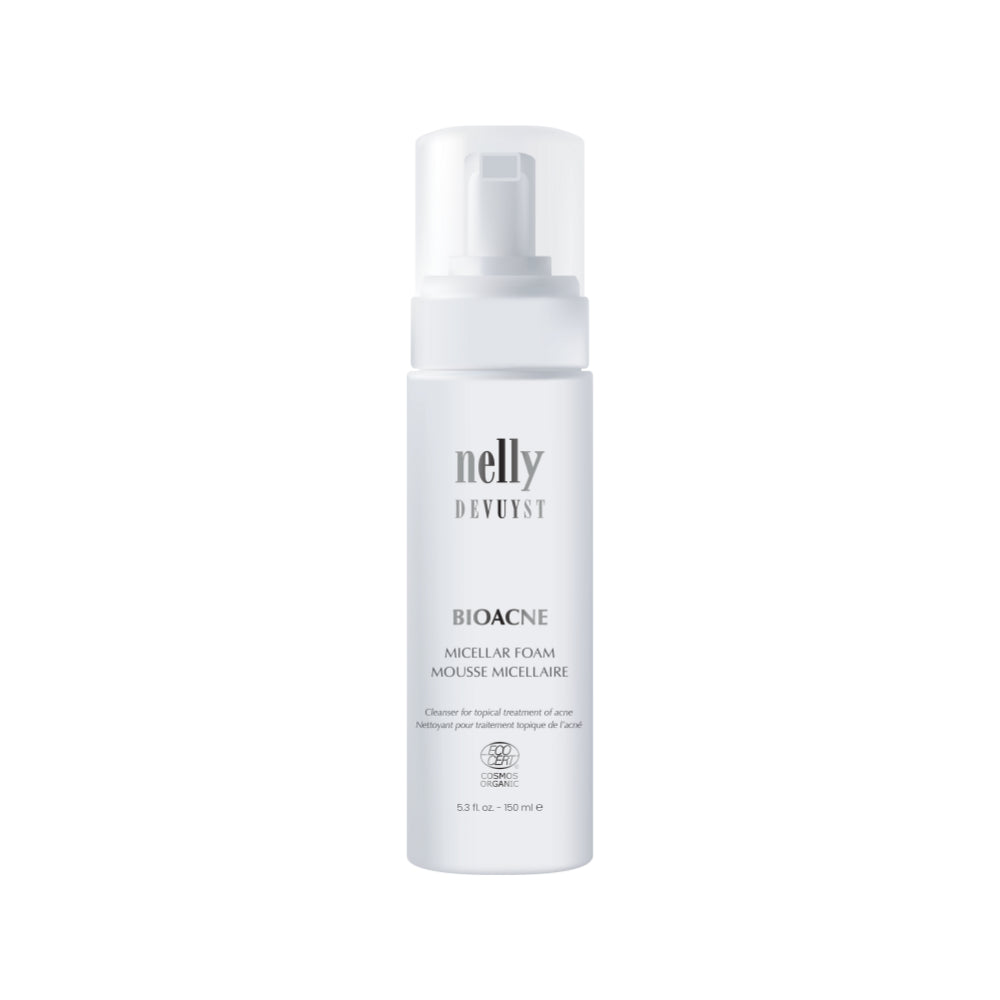
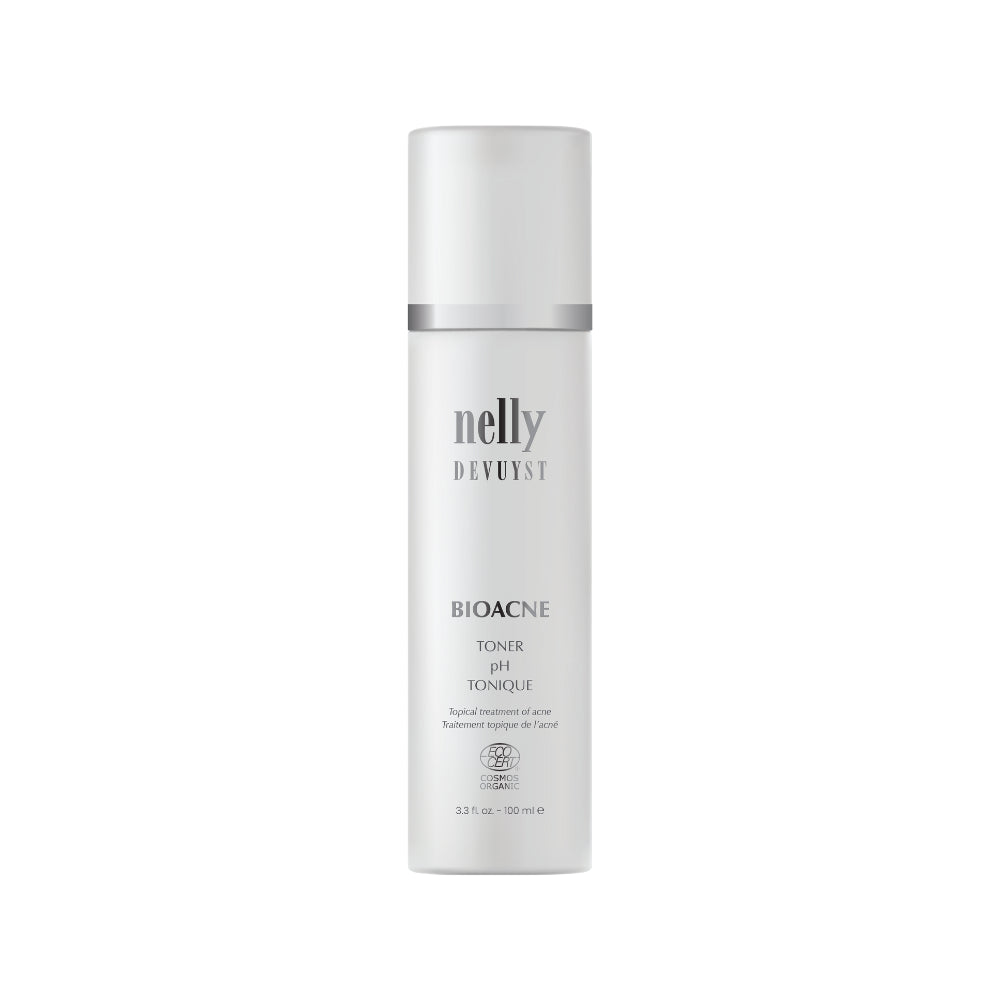
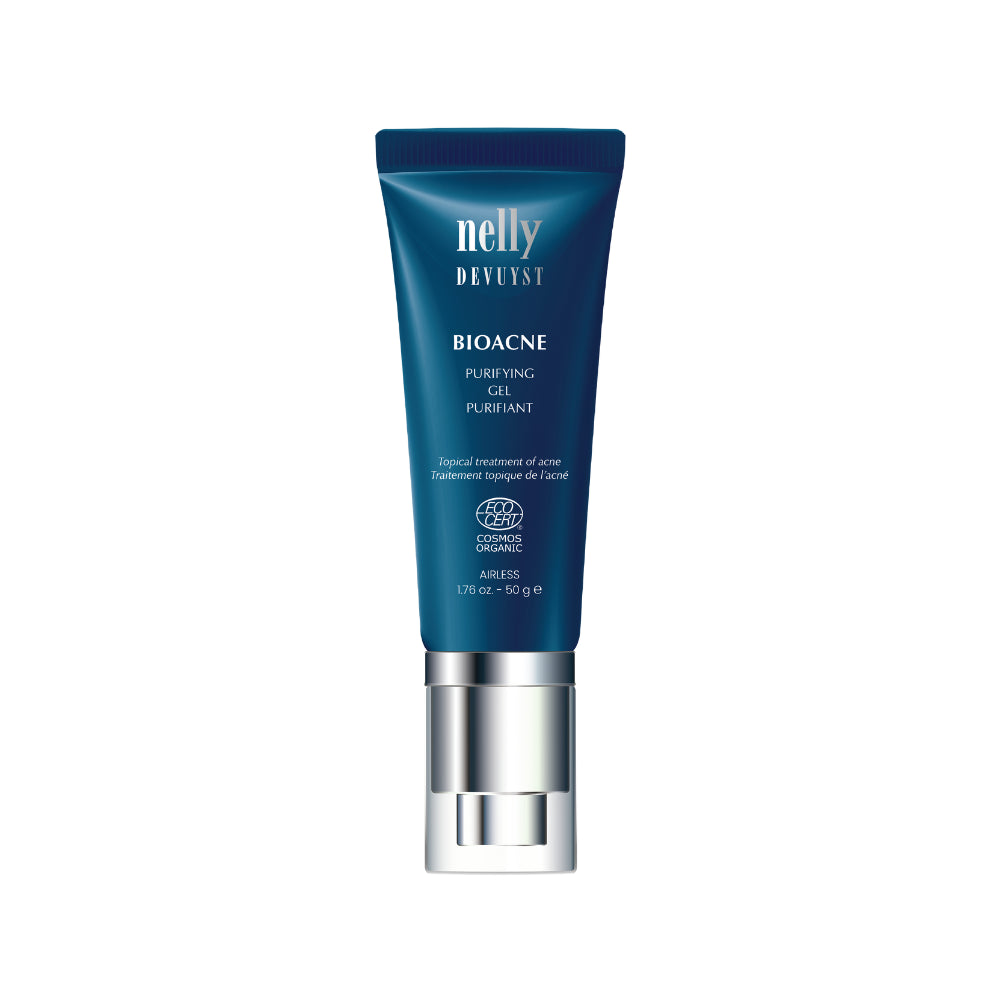
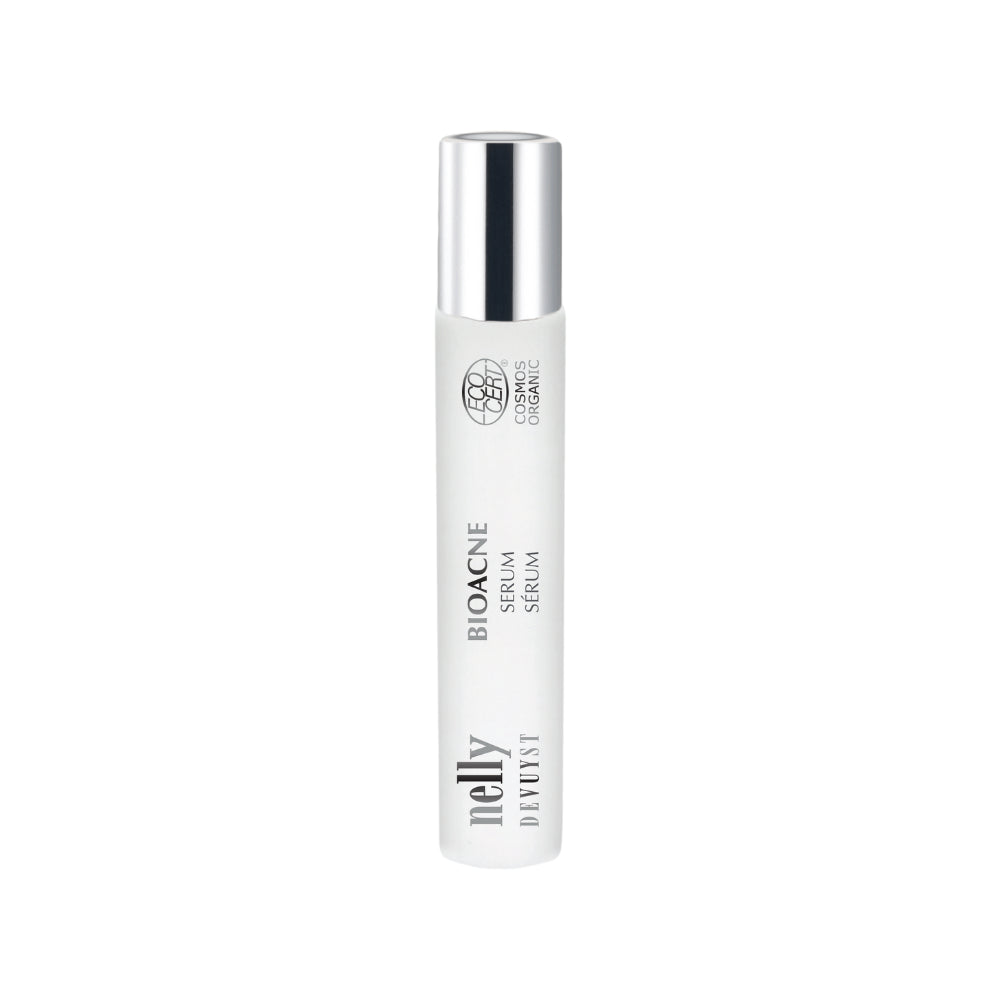
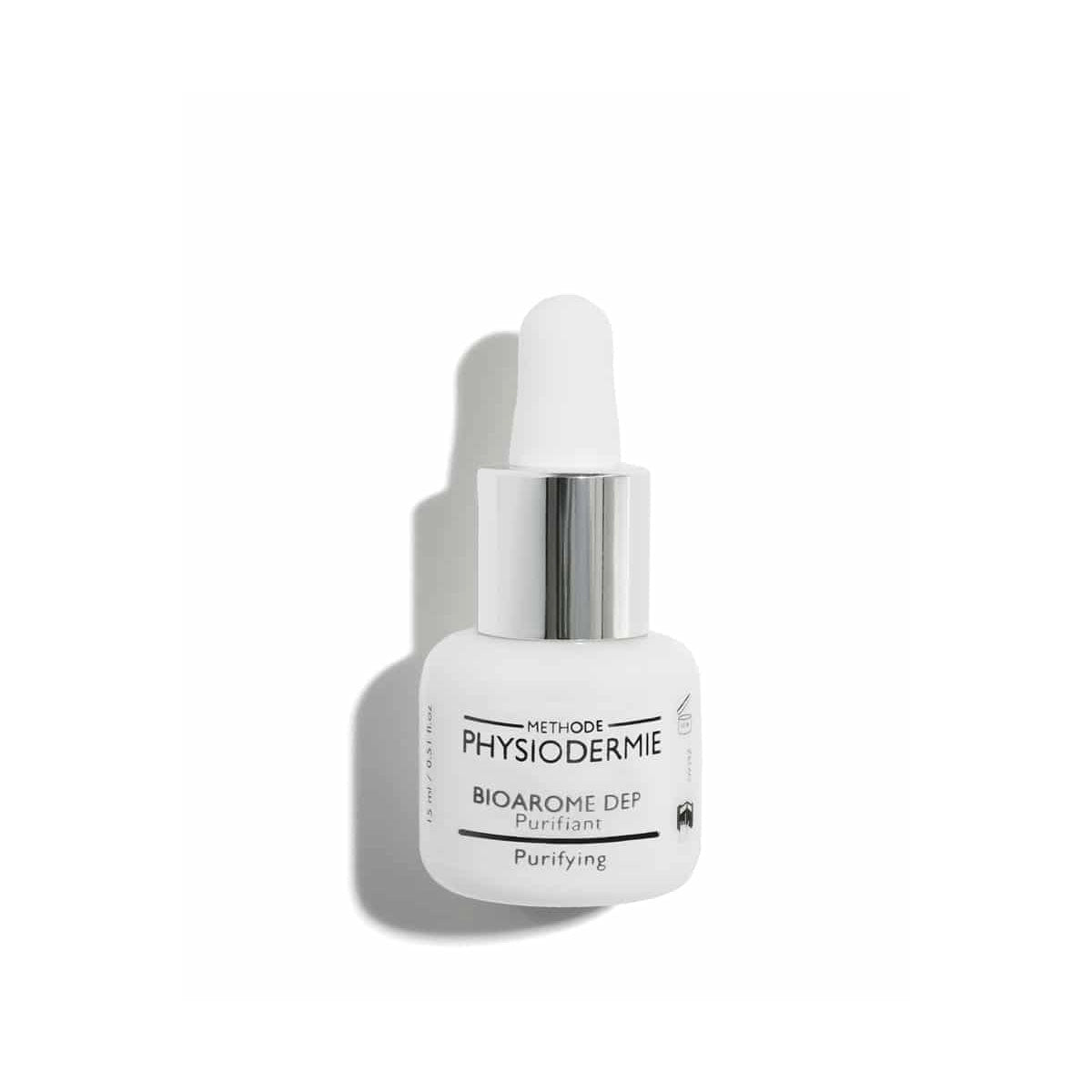
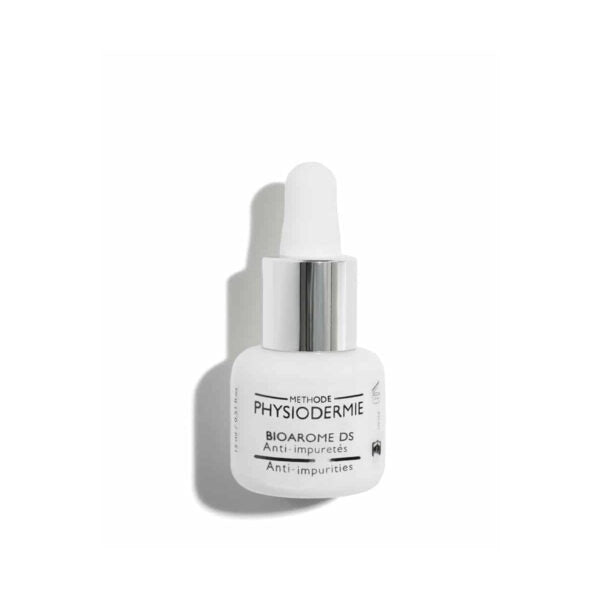
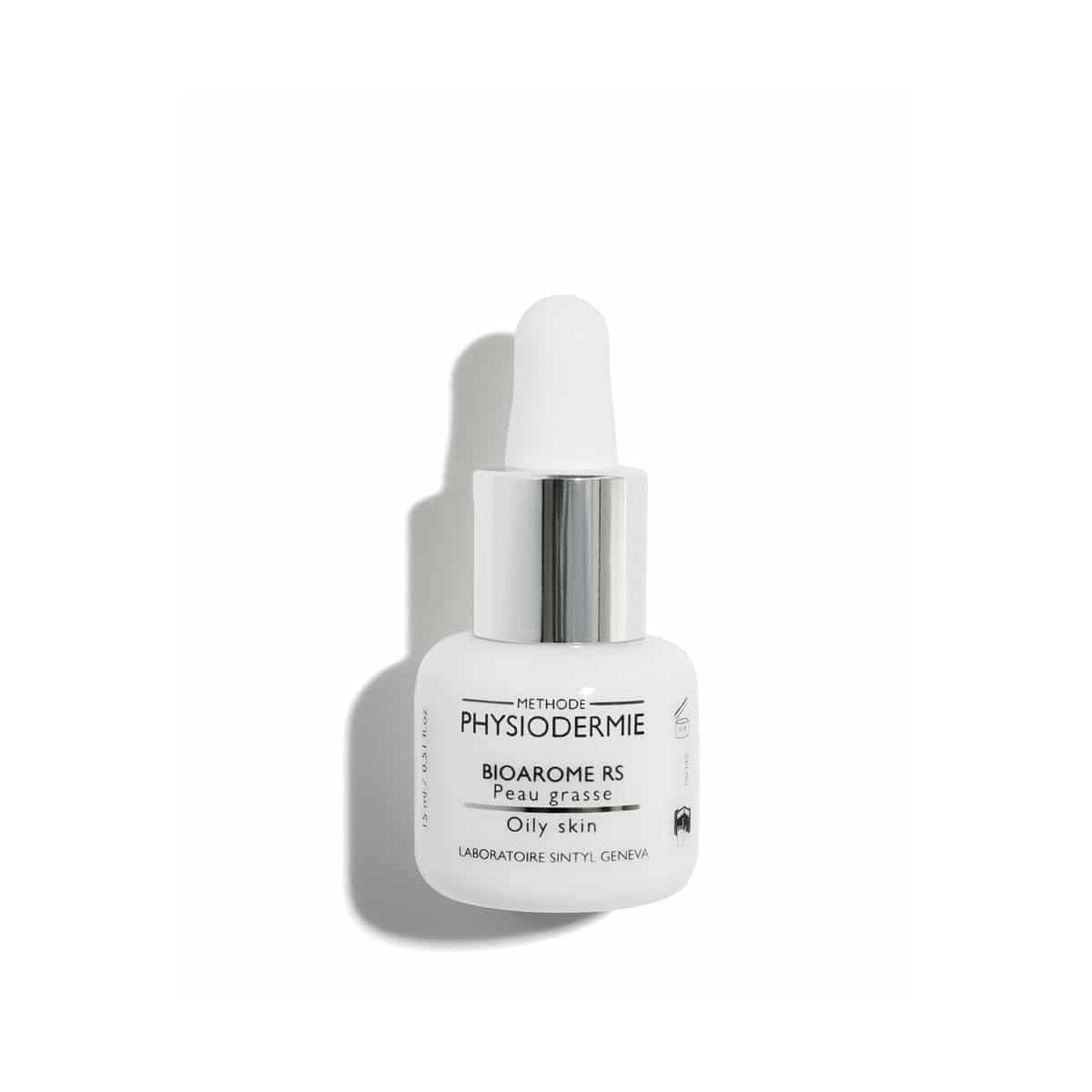
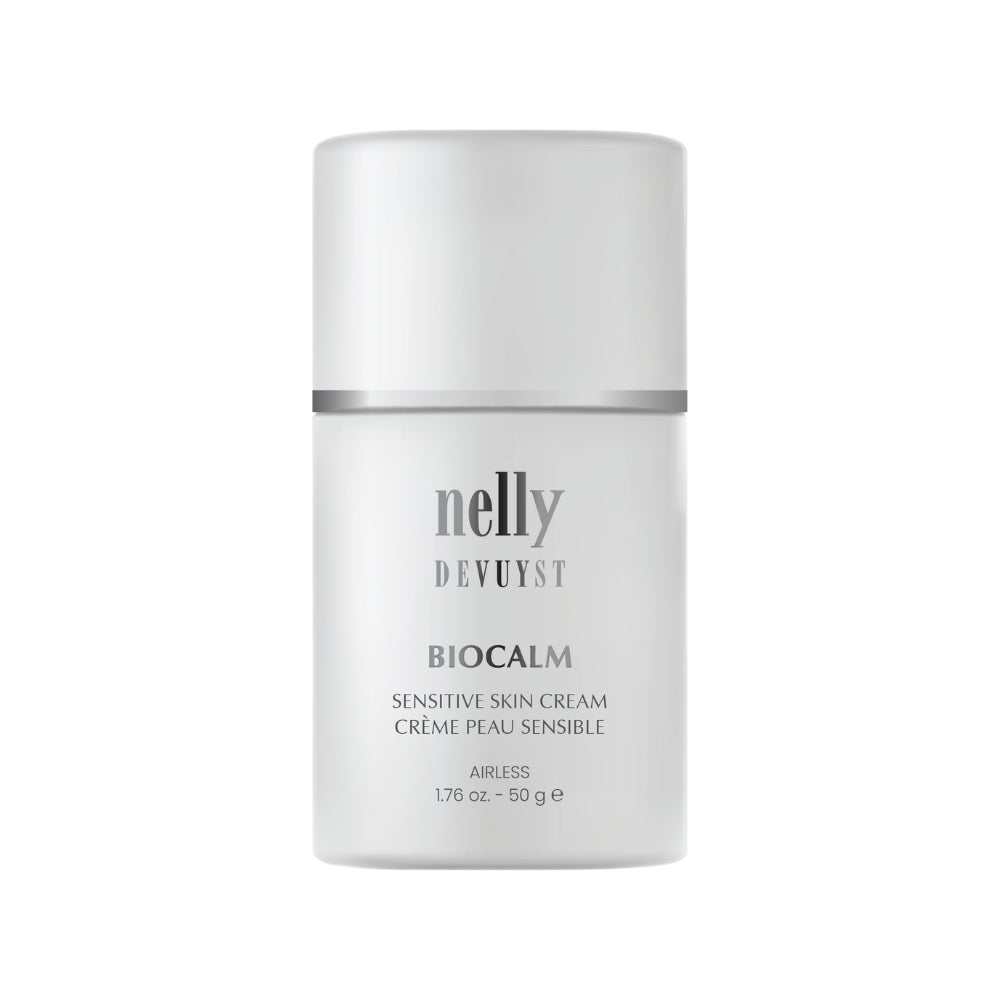
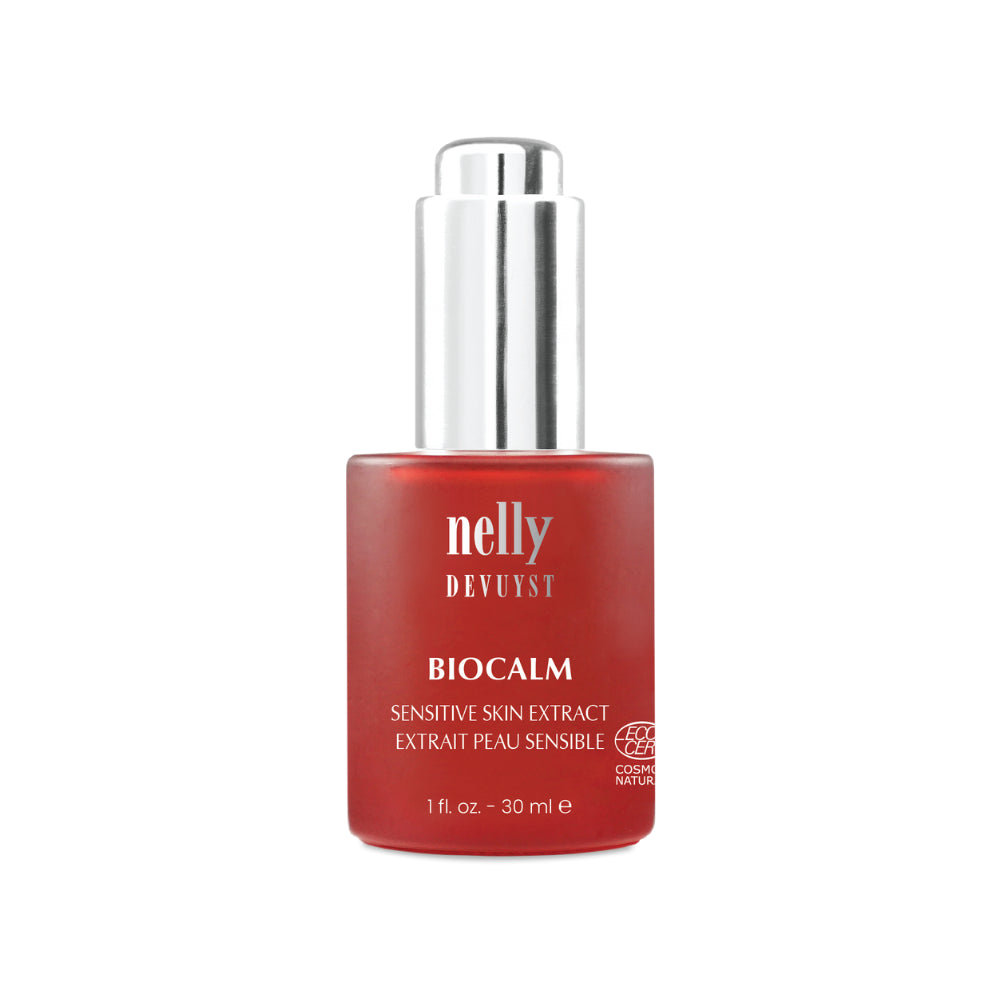
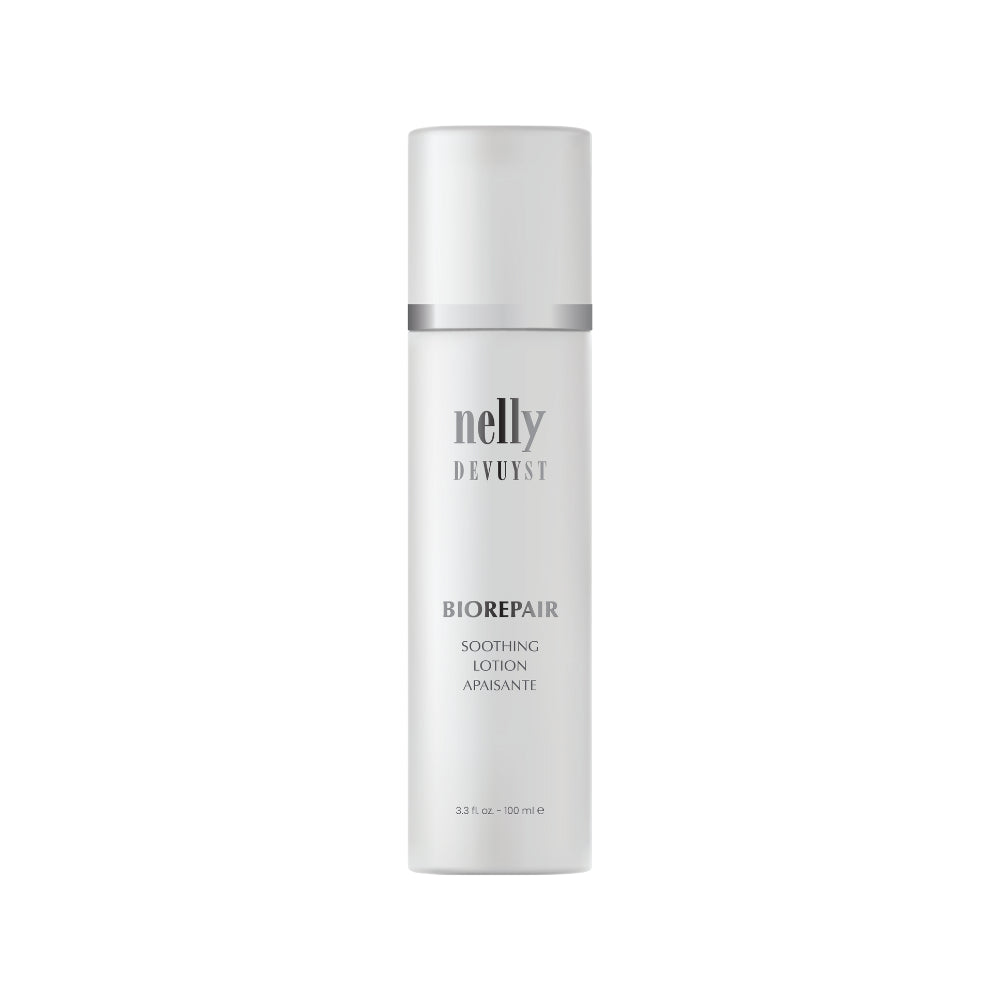
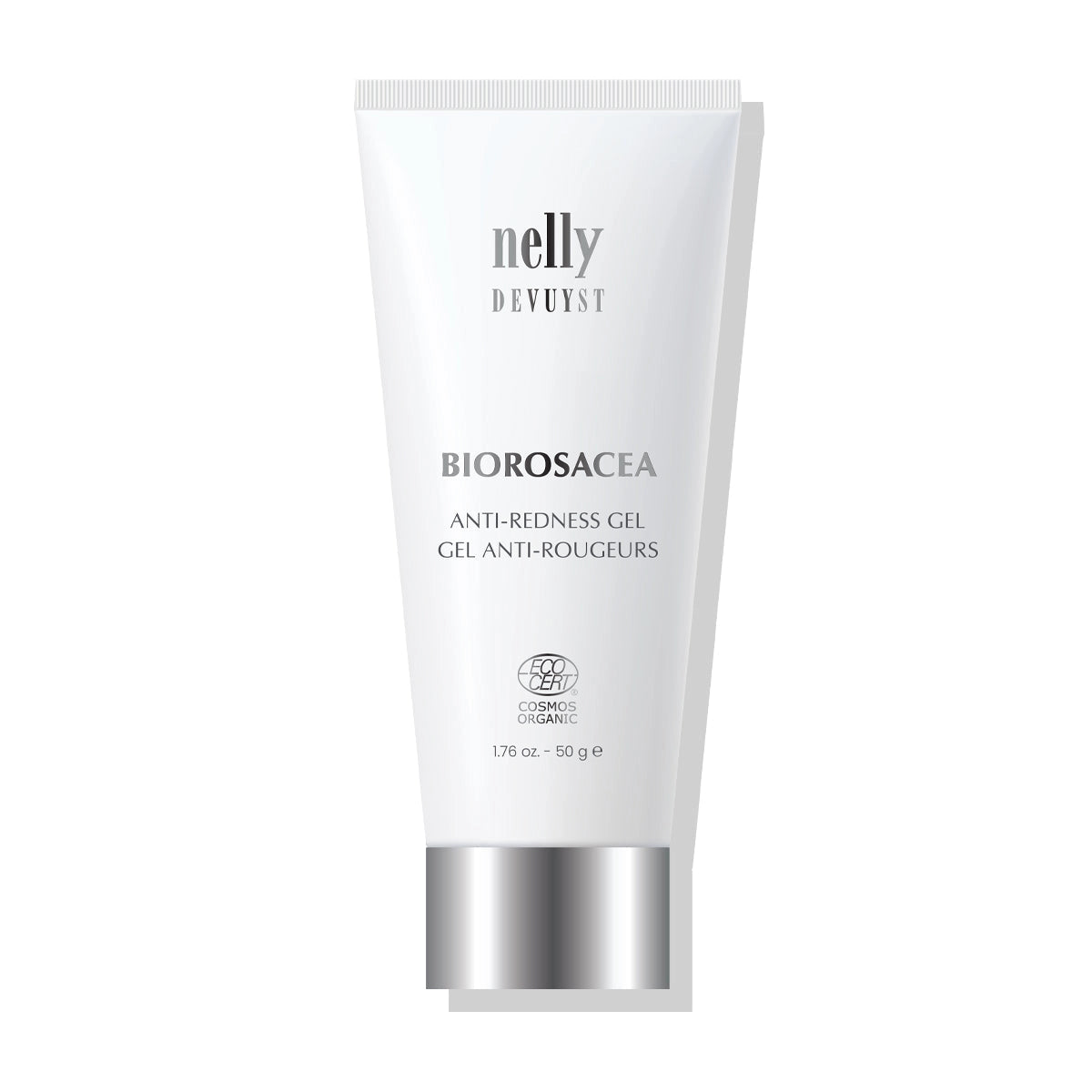
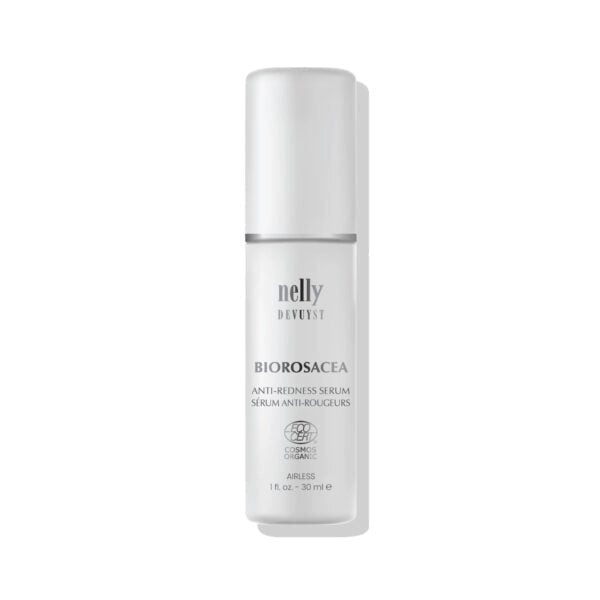
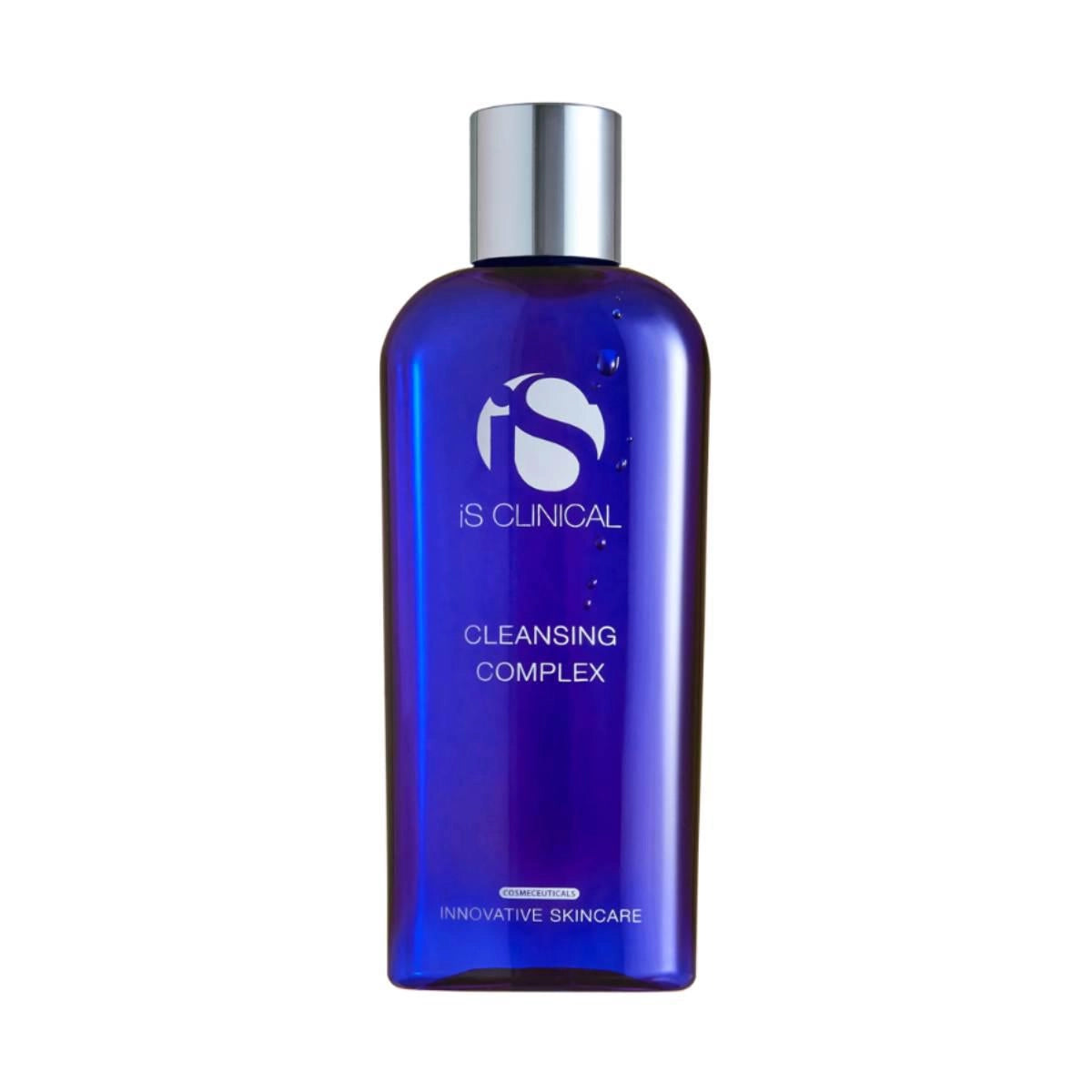
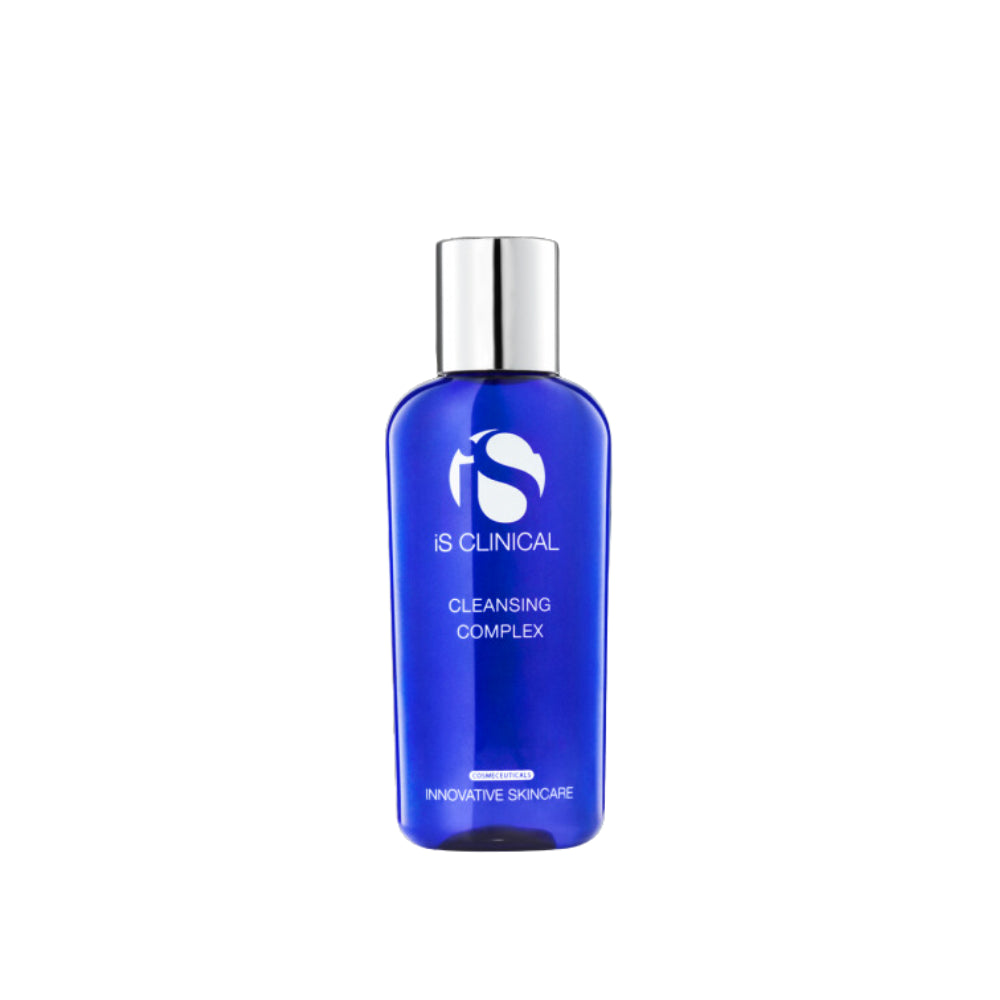
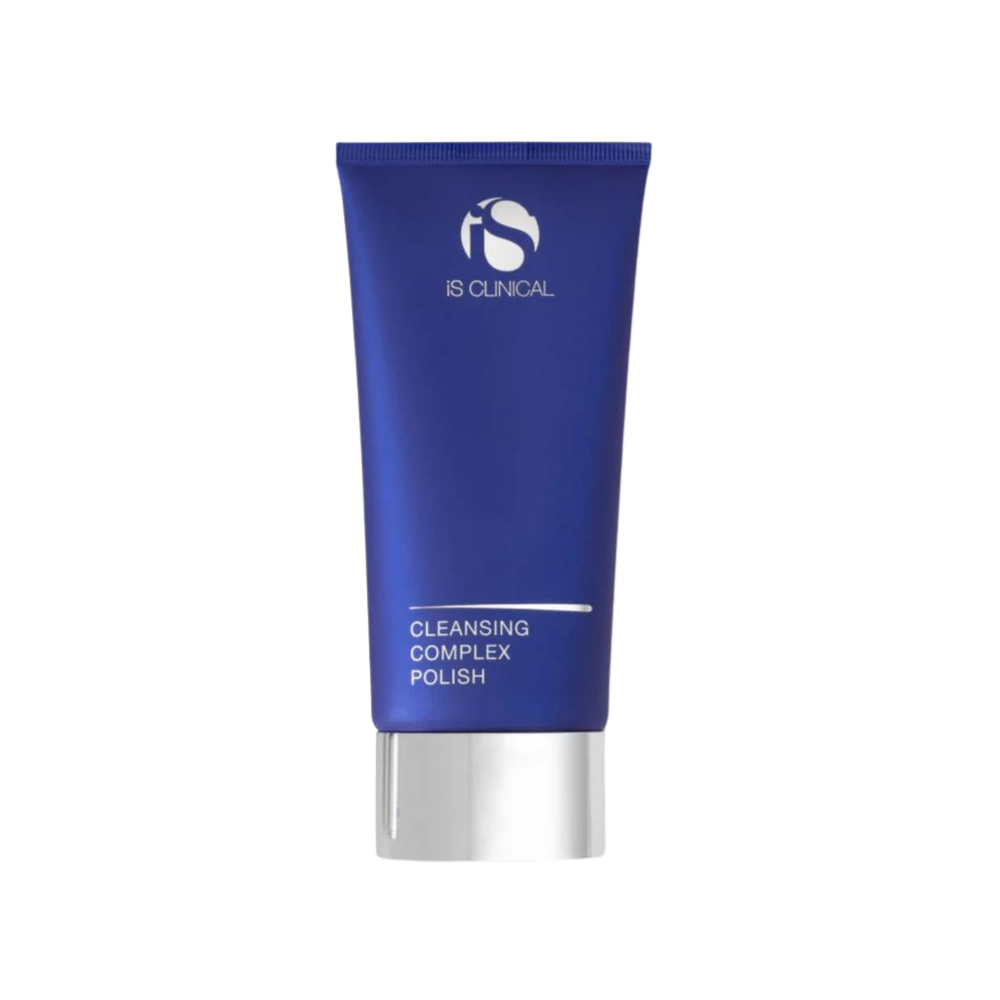
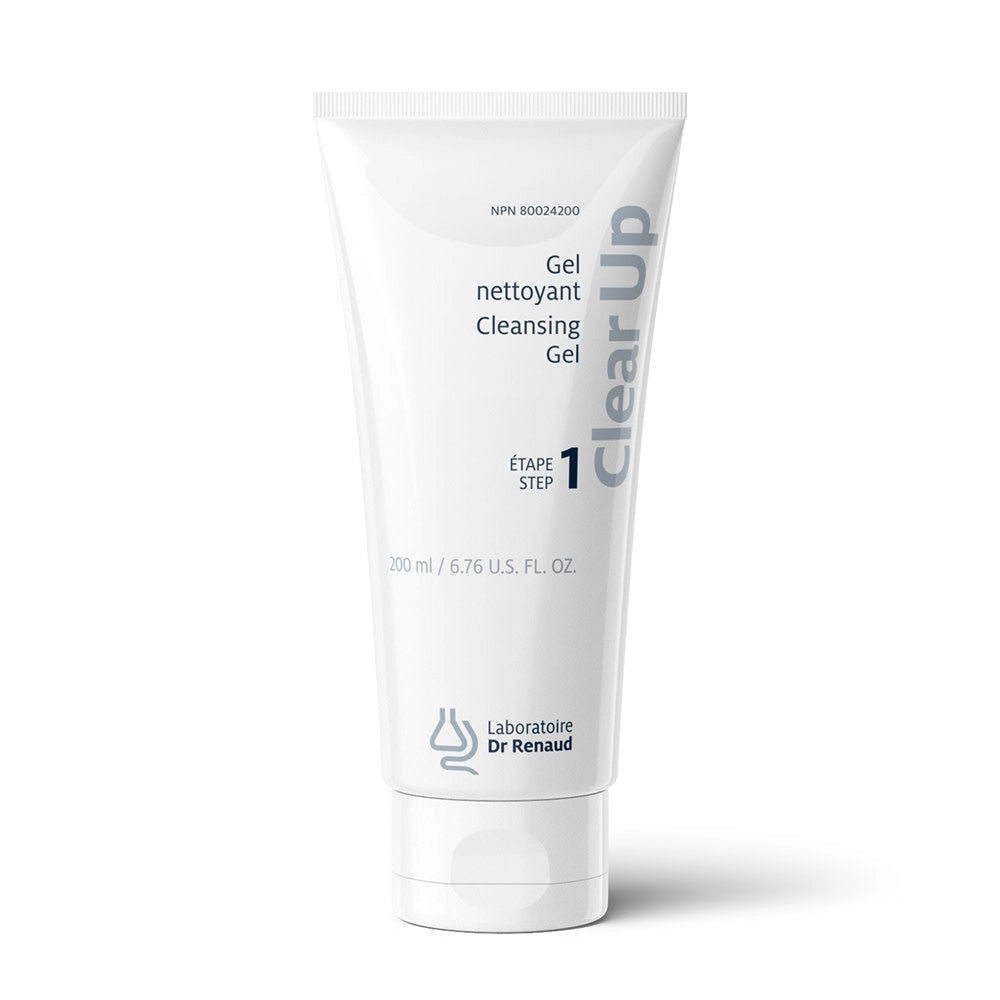
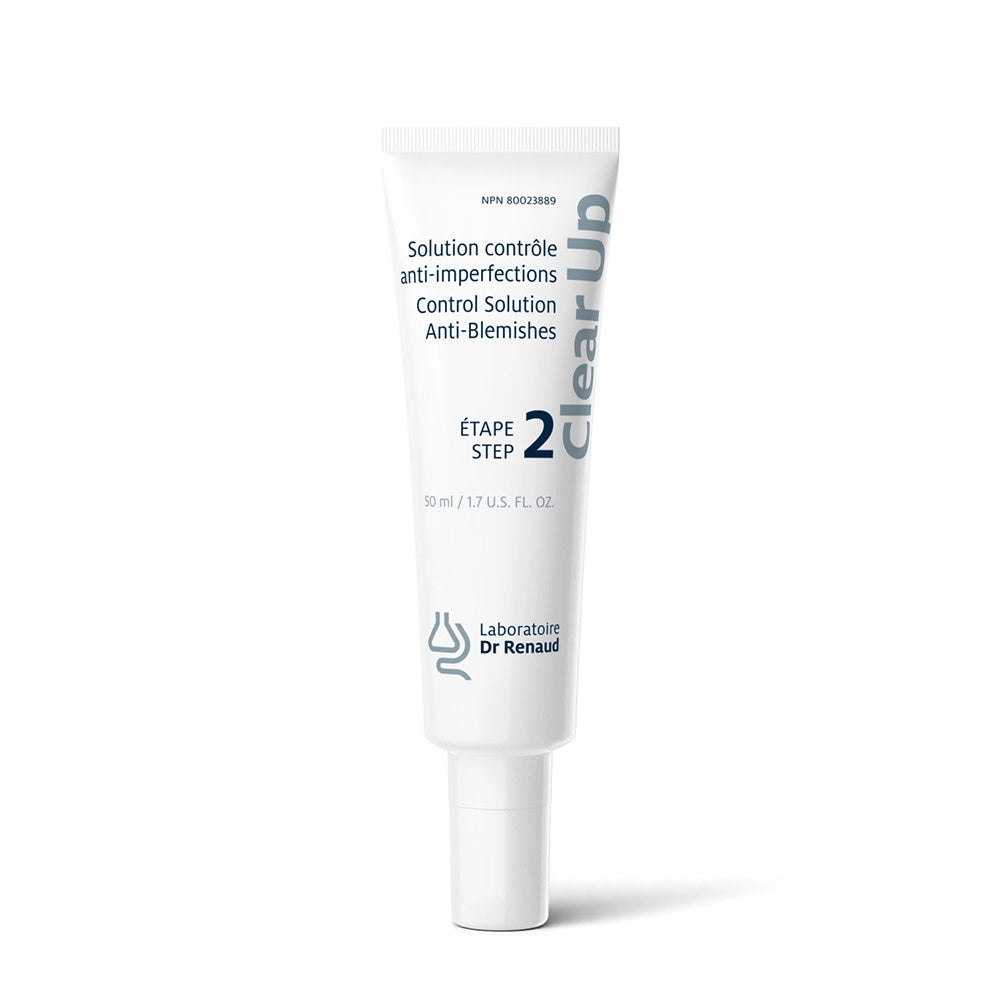
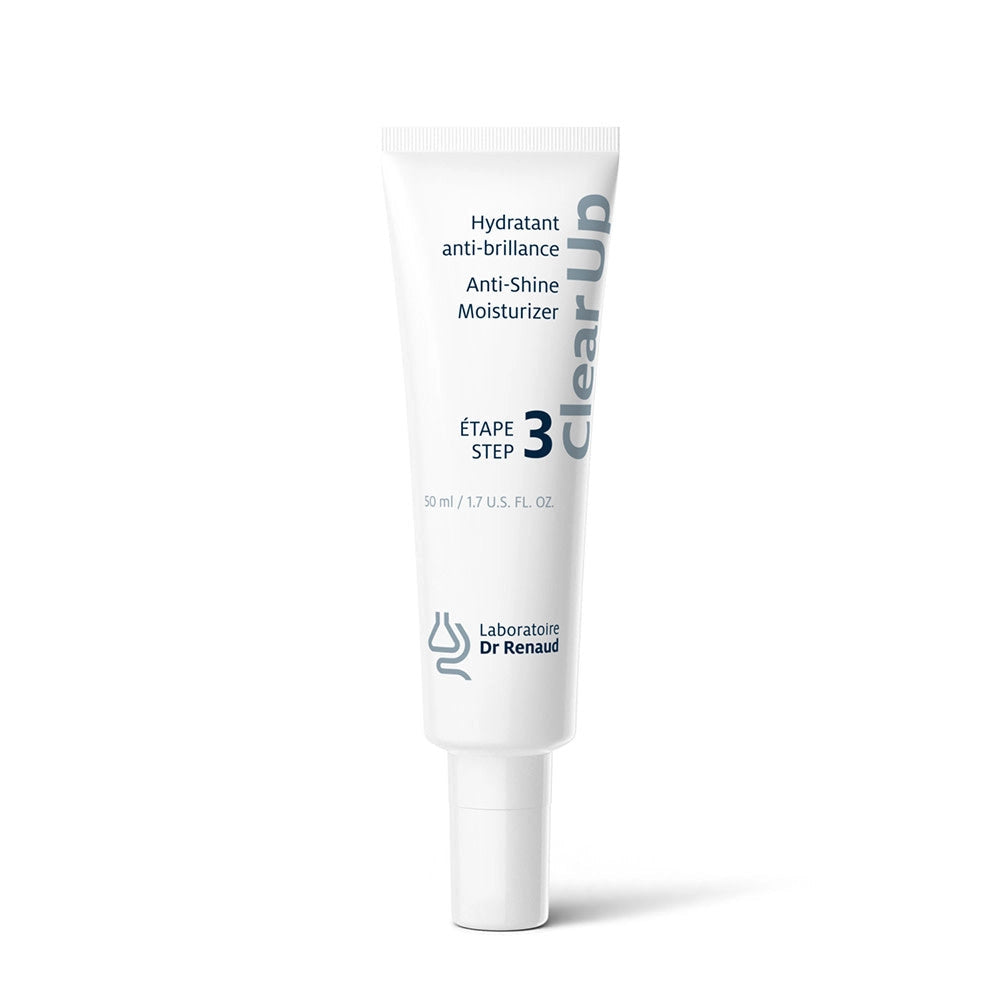
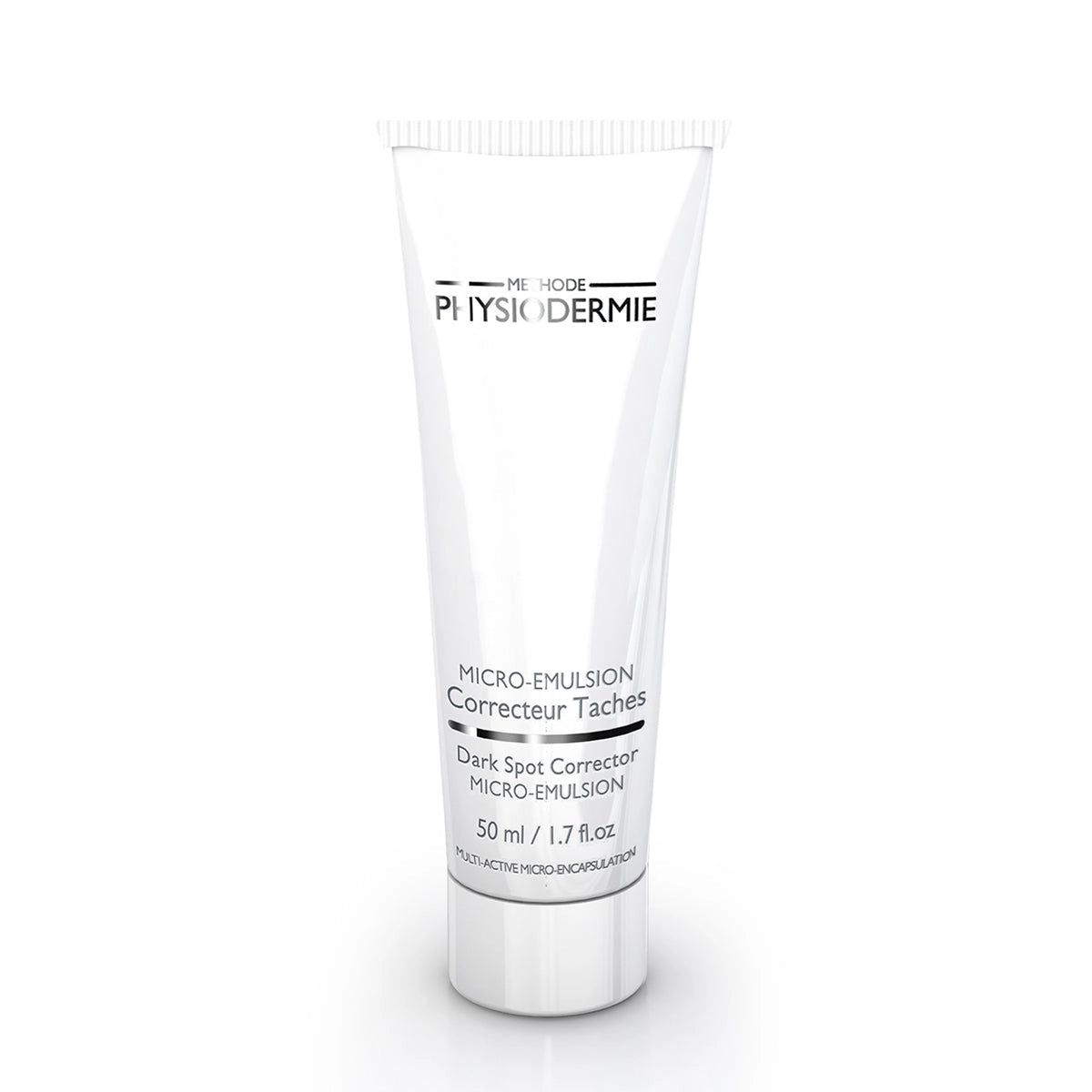
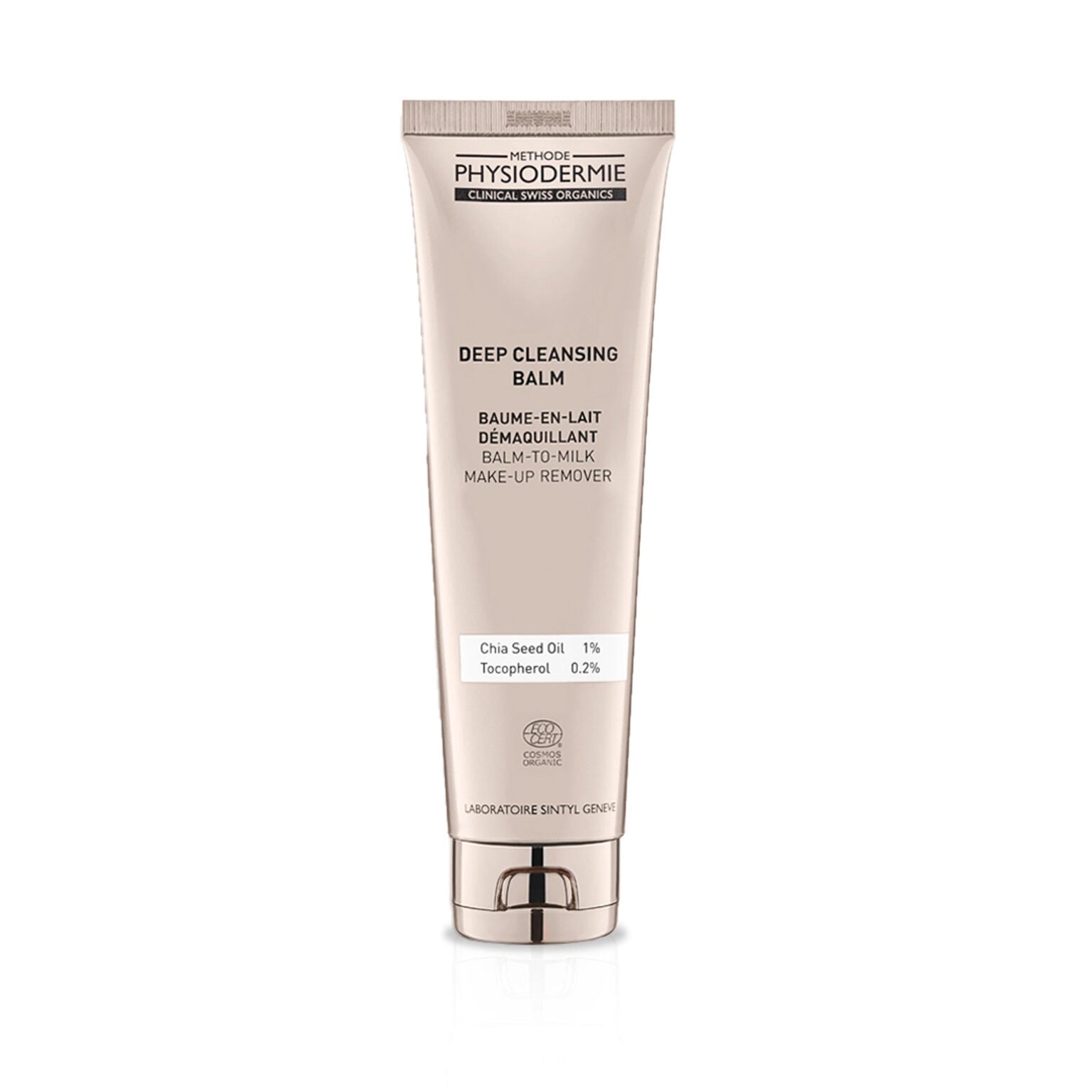
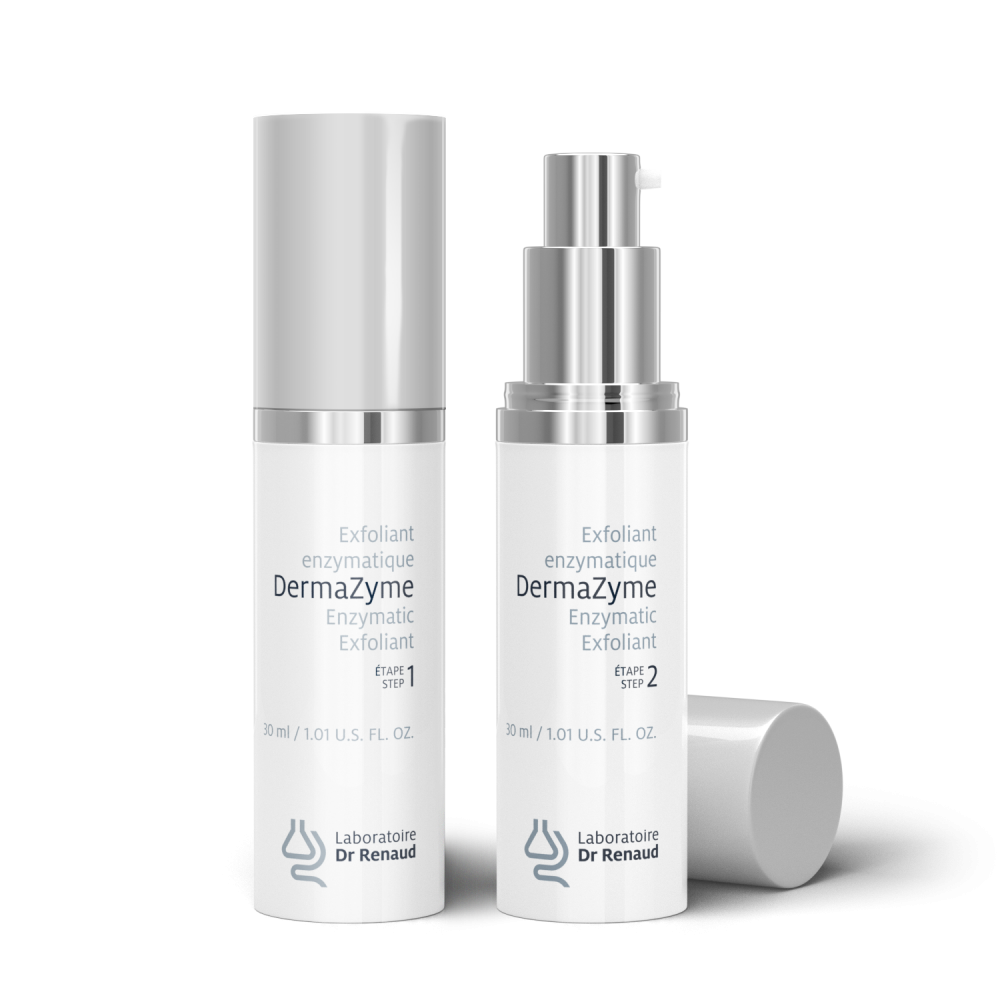
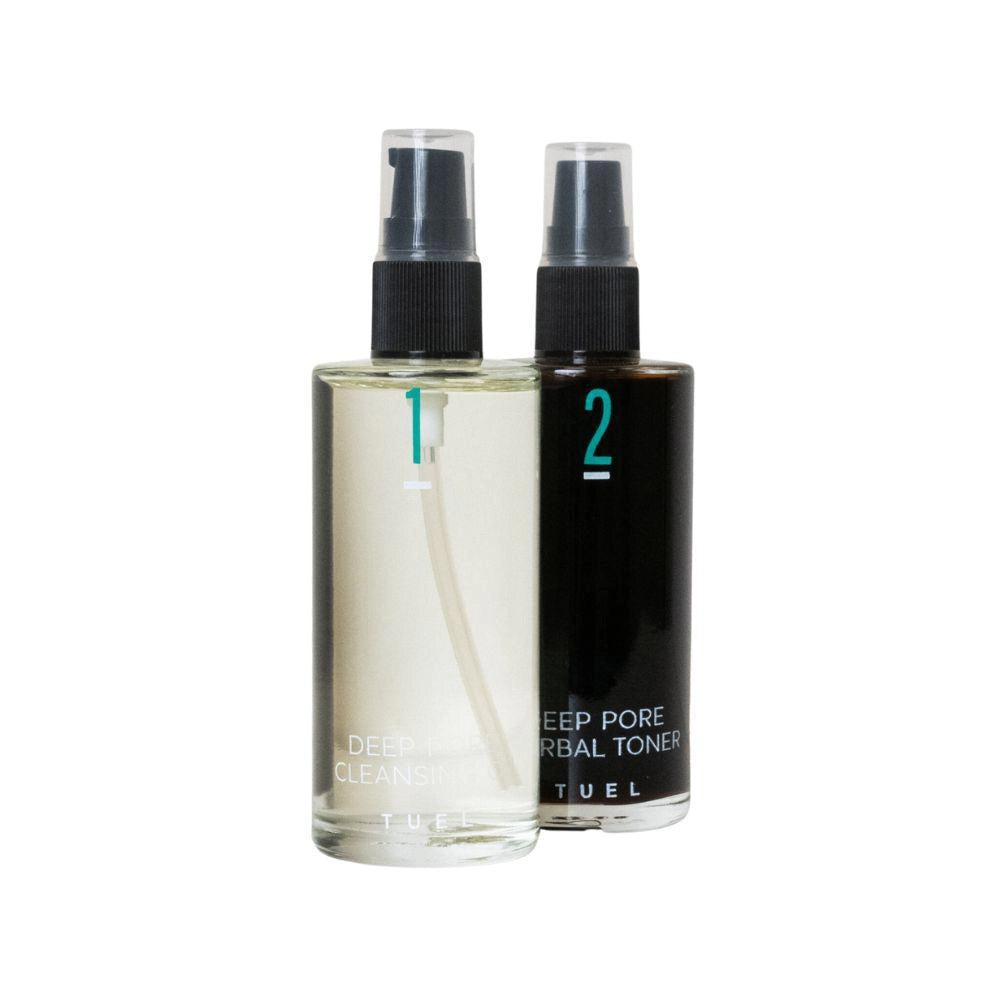
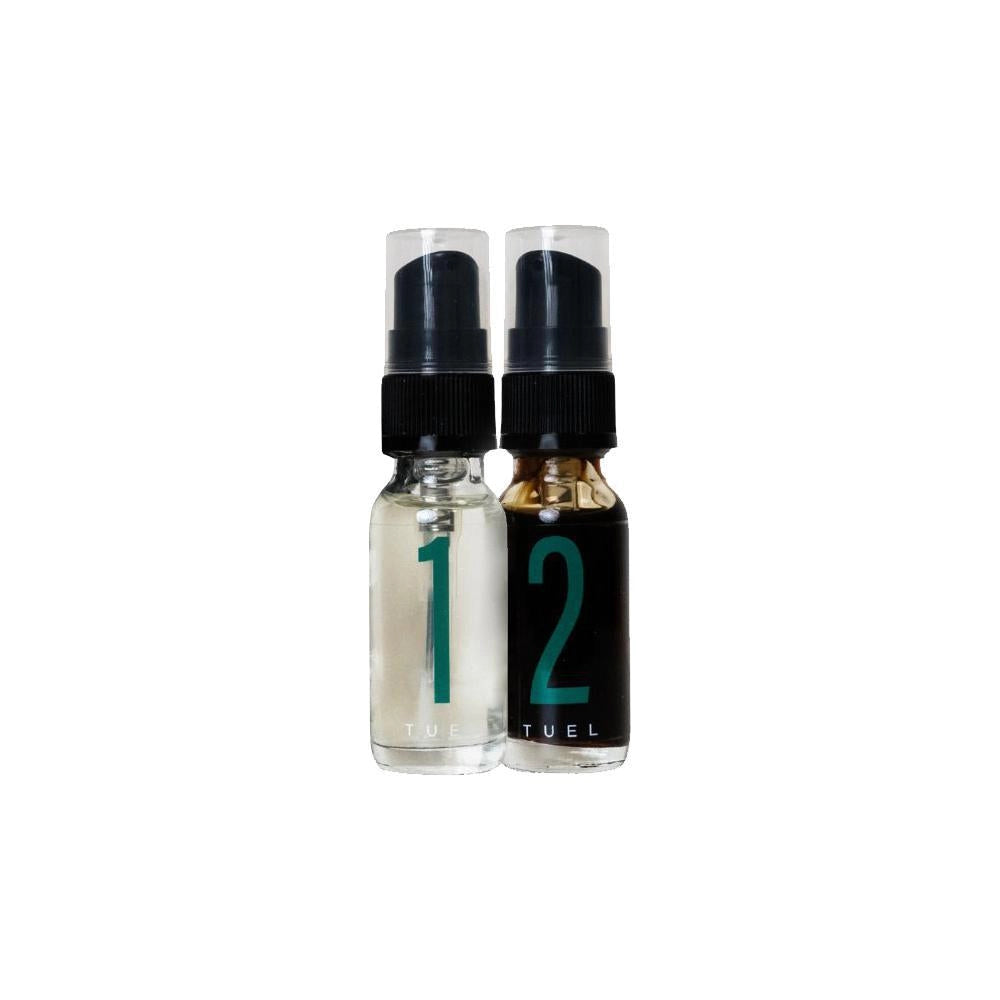
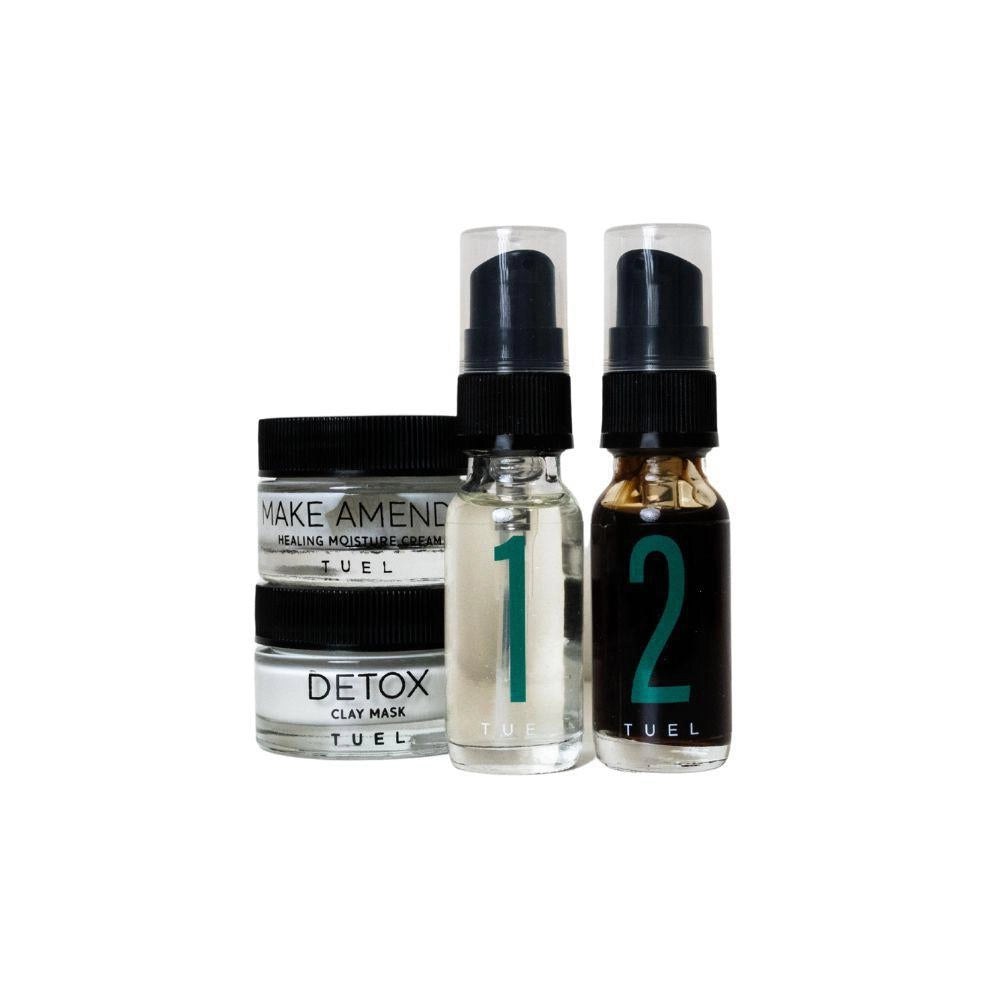
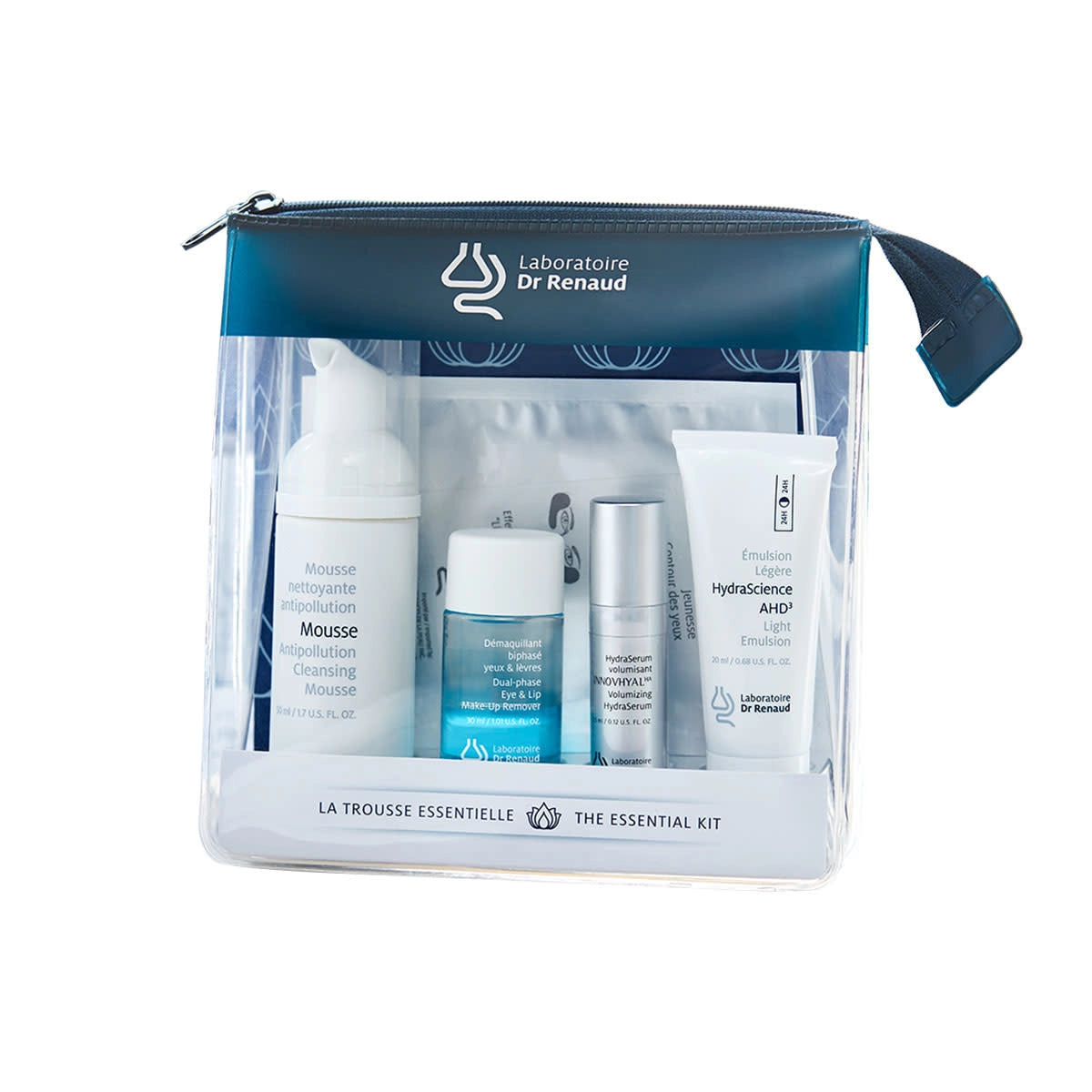
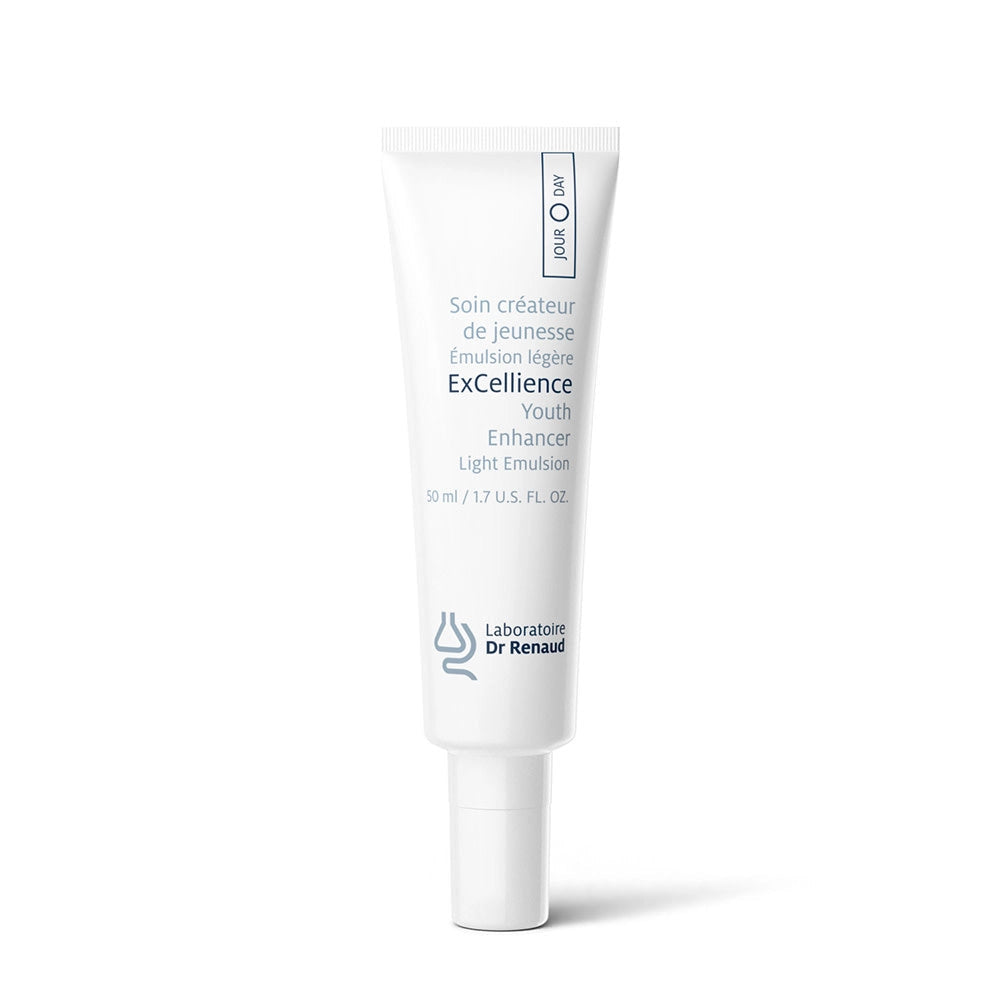
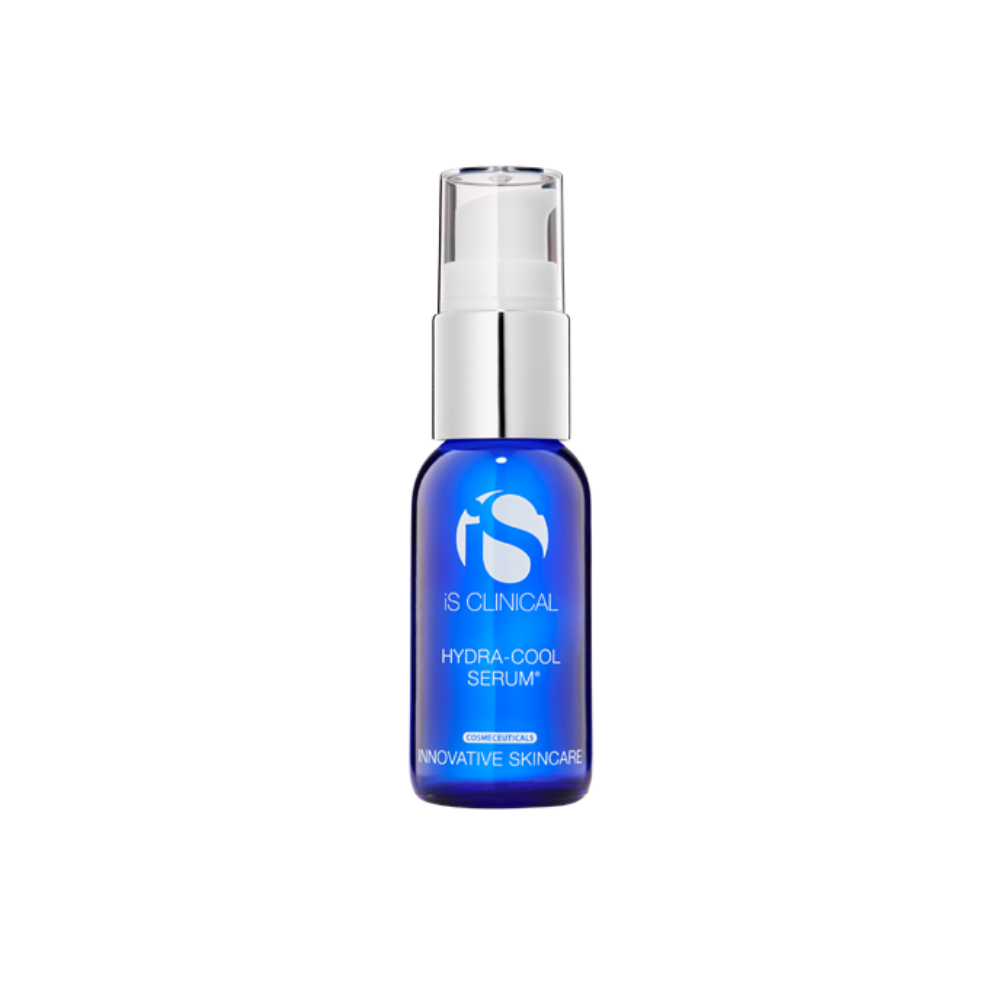
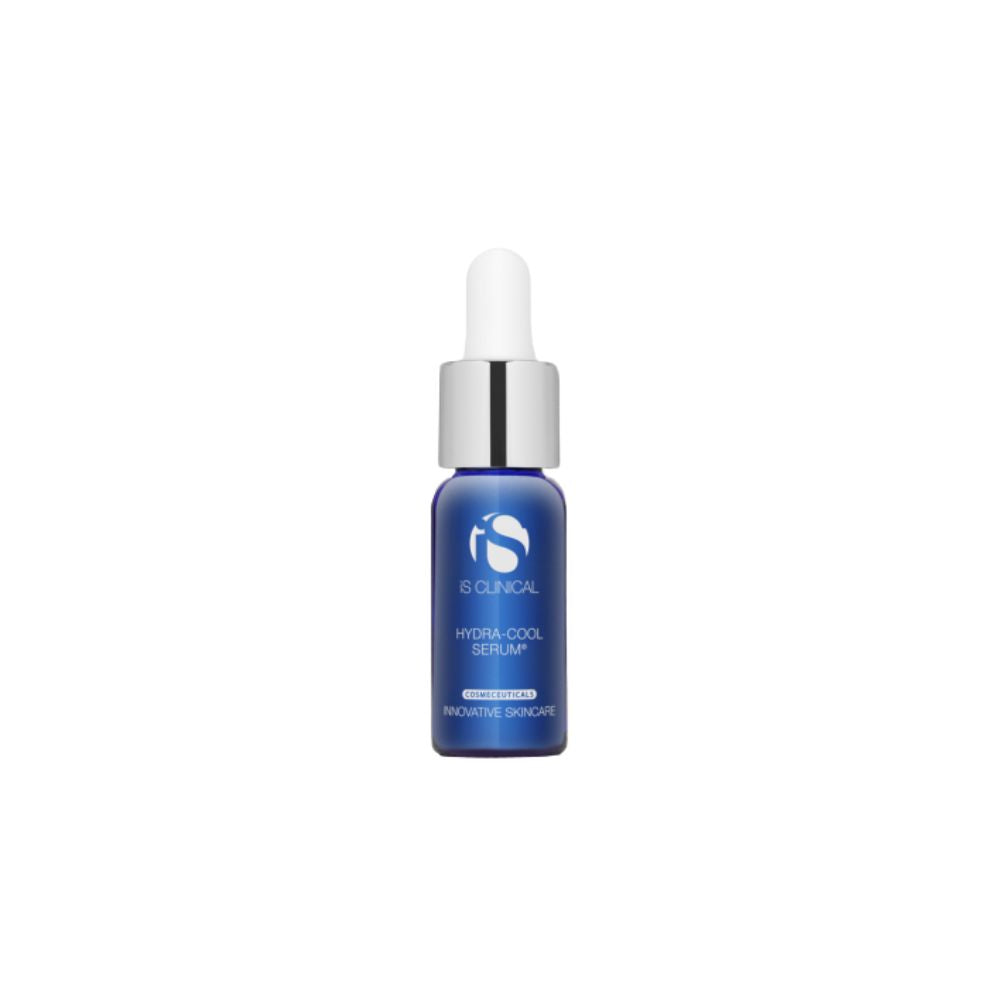
![Mela Bright [C+] Serum](http://lacremeluxe.com/cdn/shop/files/alphascience-serum-mela-bright.jpg?v=1748902505&width=3652)
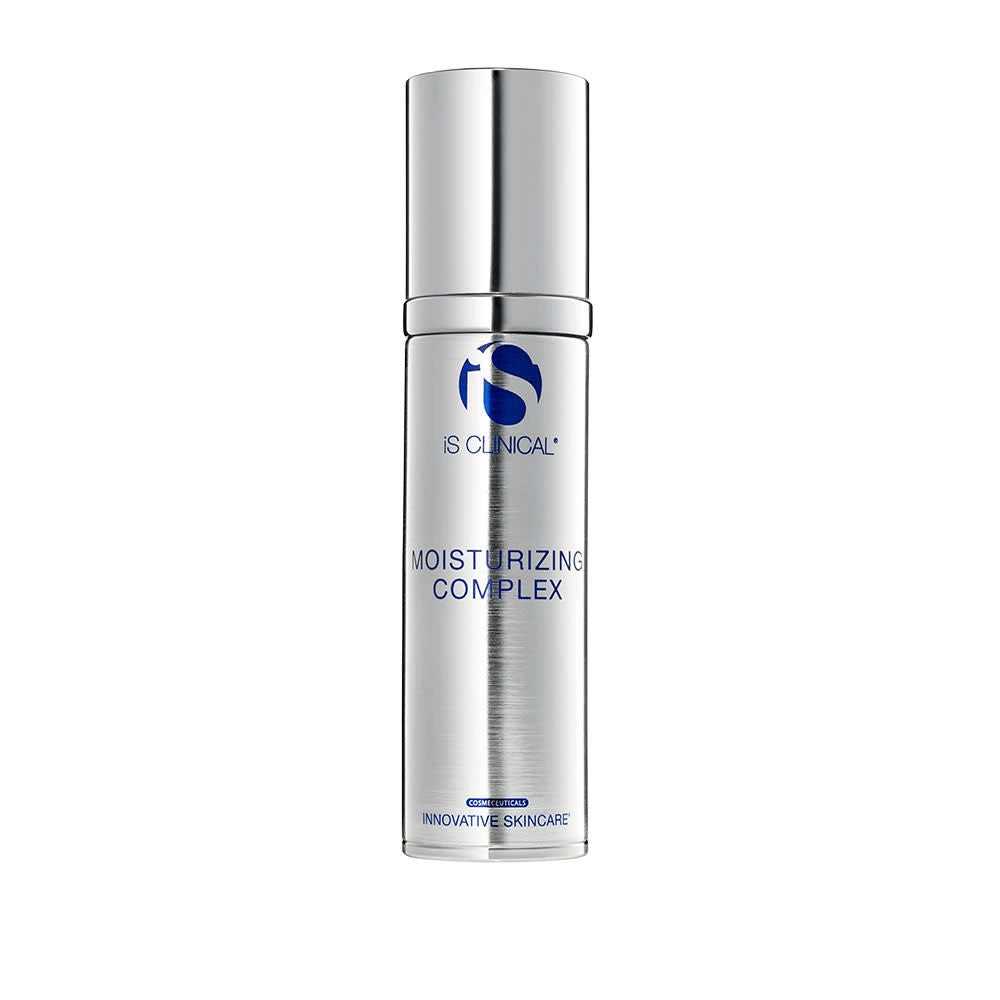
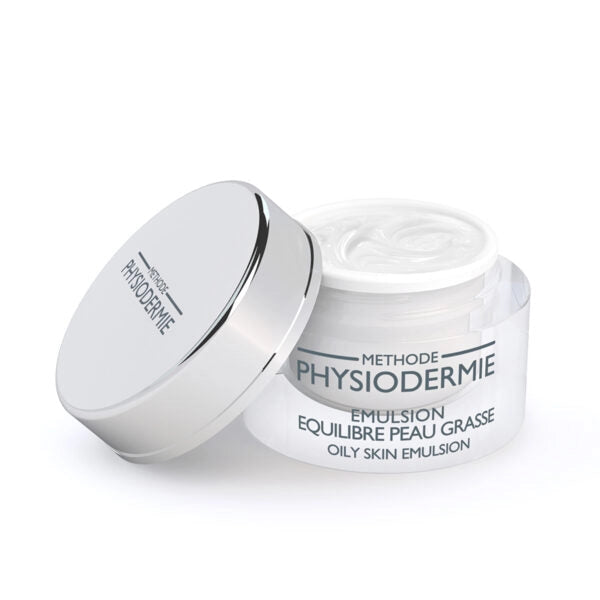
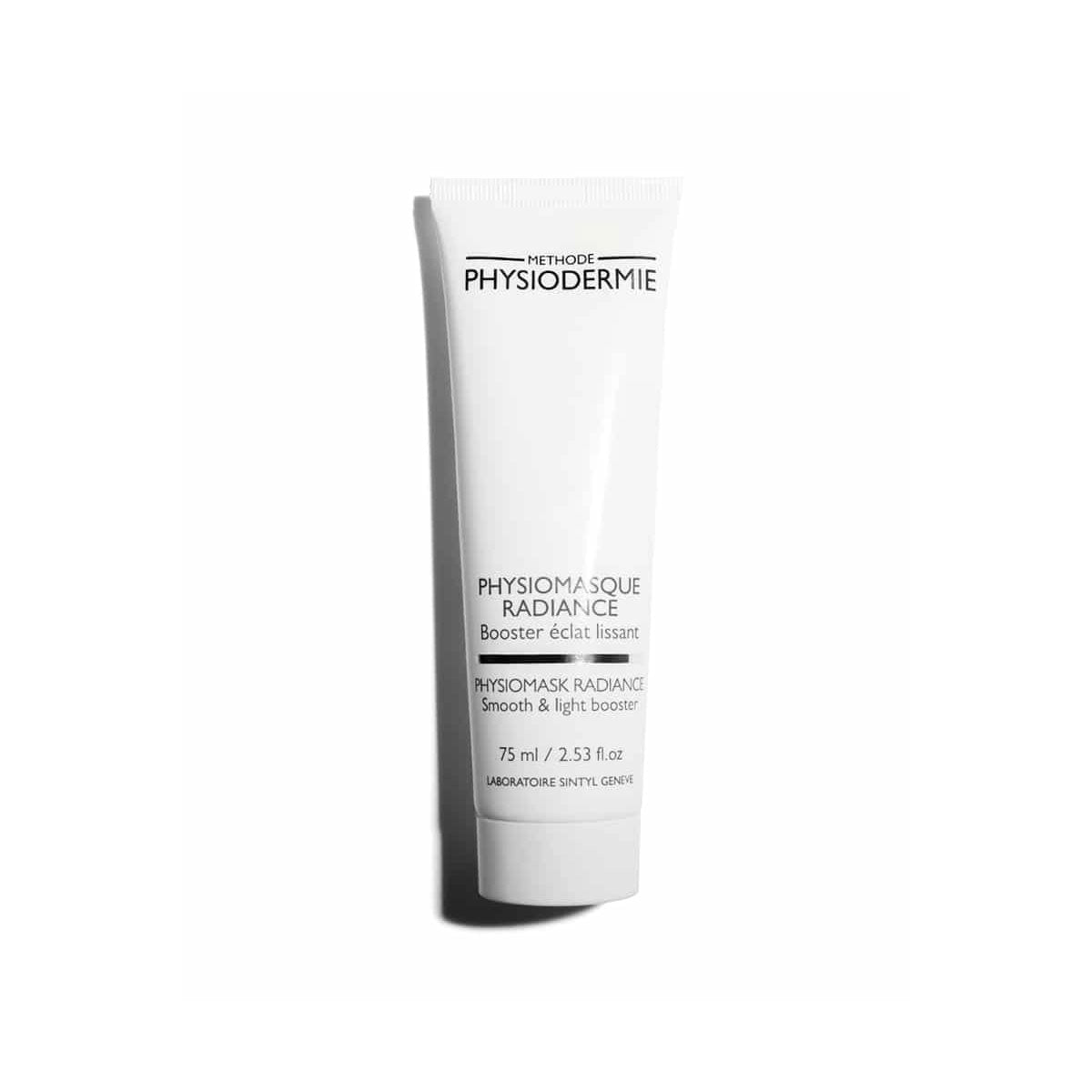
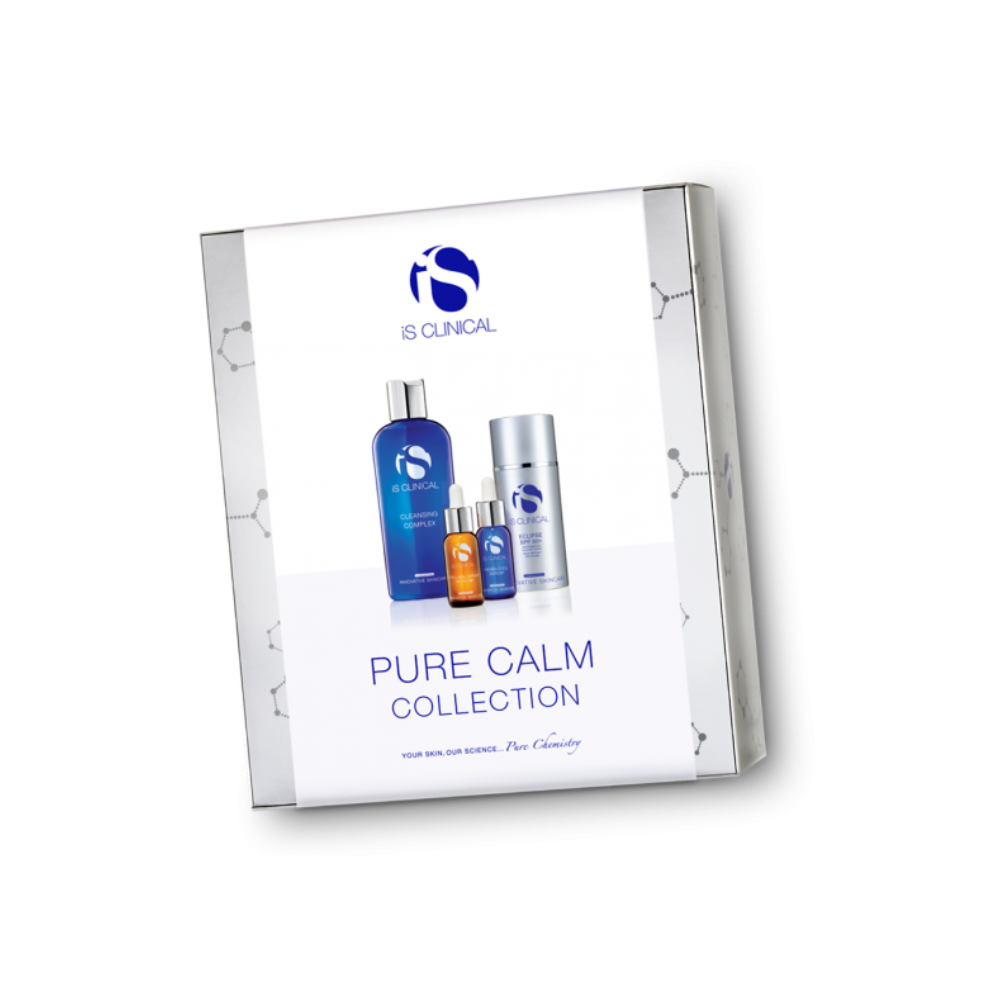
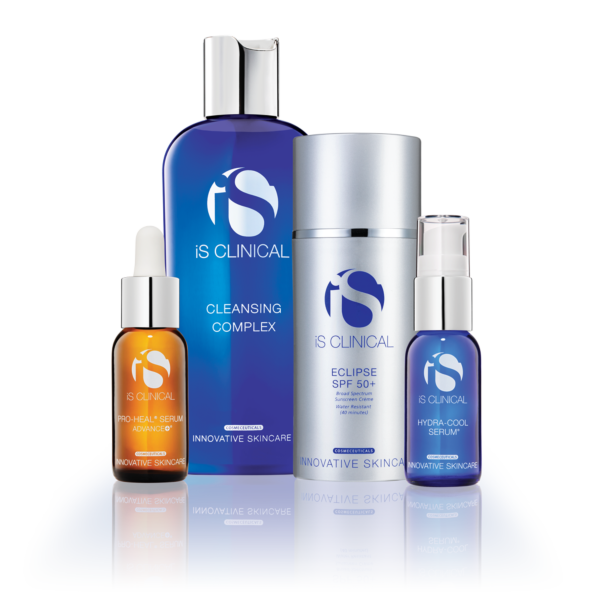
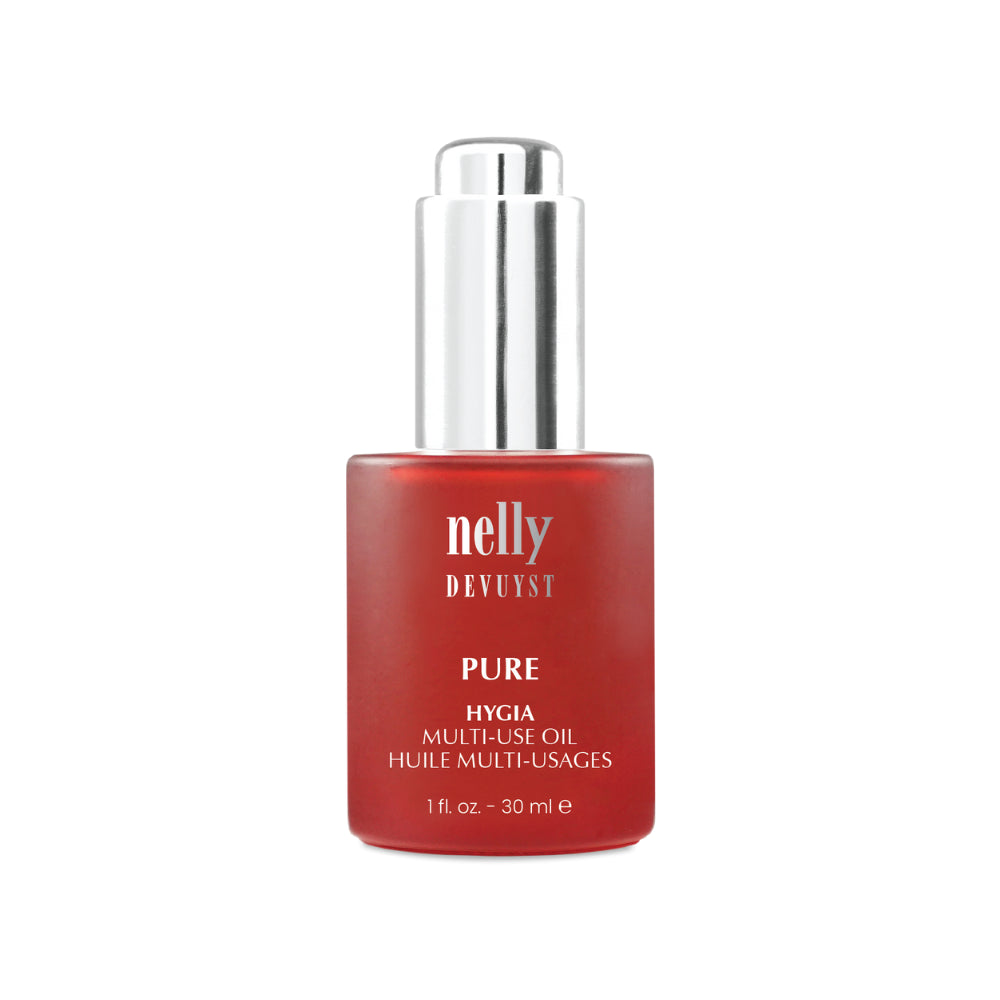
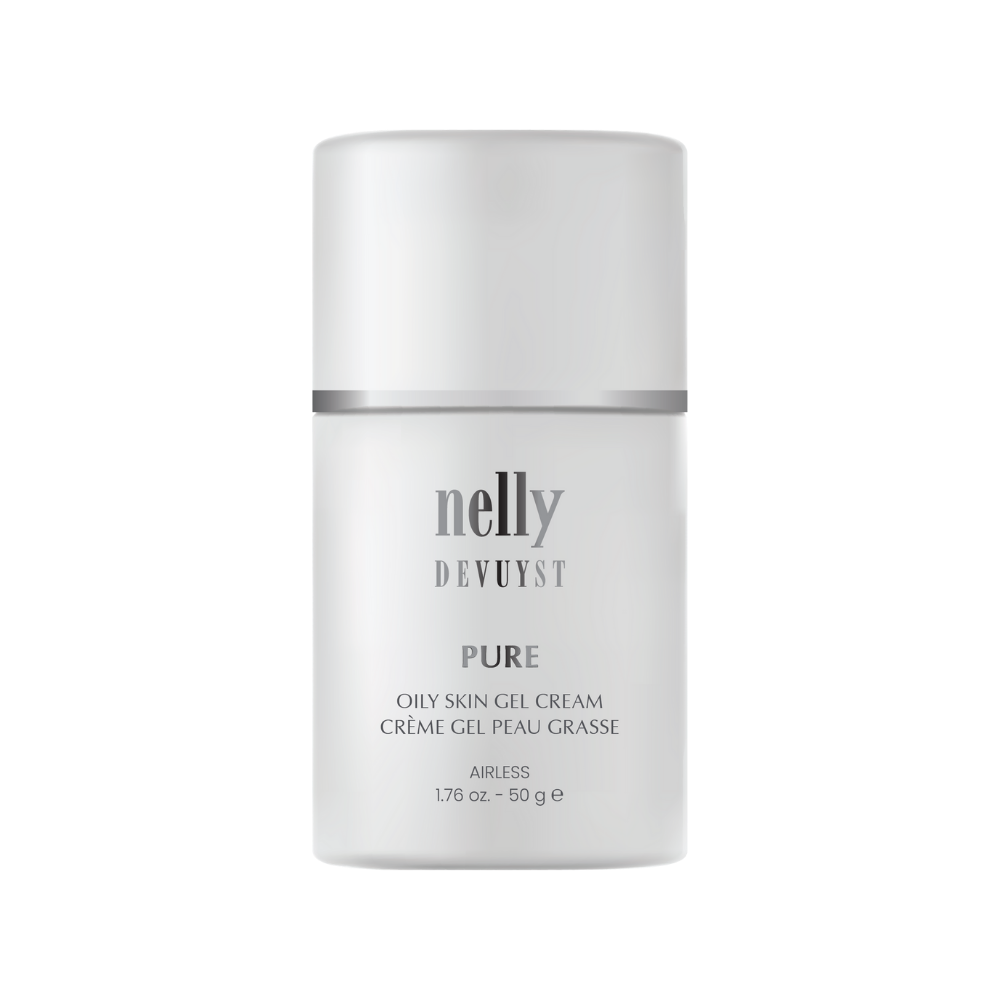
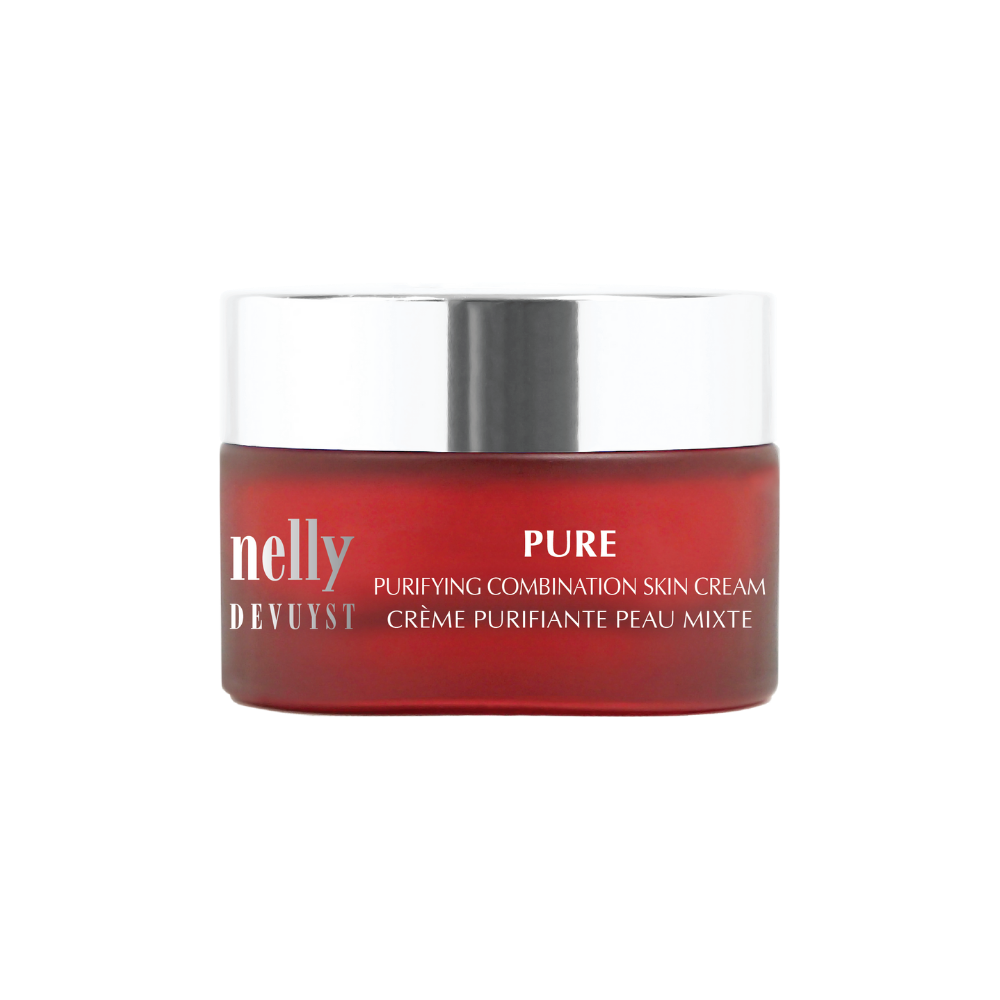
![PURE Re[Gene] Rejuvenating Eye Elixir](http://lacremeluxe.com/cdn/shop/files/50107173_LDR_PURE_ReGene_Eye_Elixir_30ml_1200x_c4b74193-a6a1-45dc-9b83-720cc84fb87b.webp?v=1715378797&width=1200)
